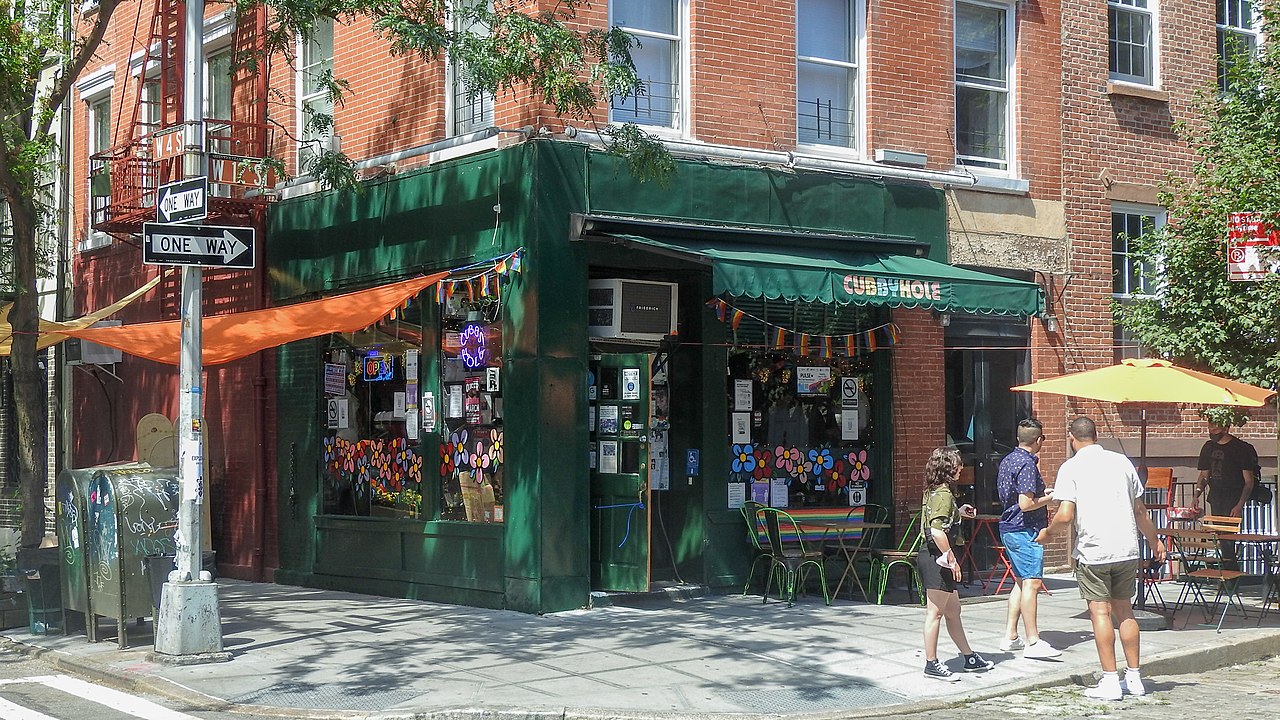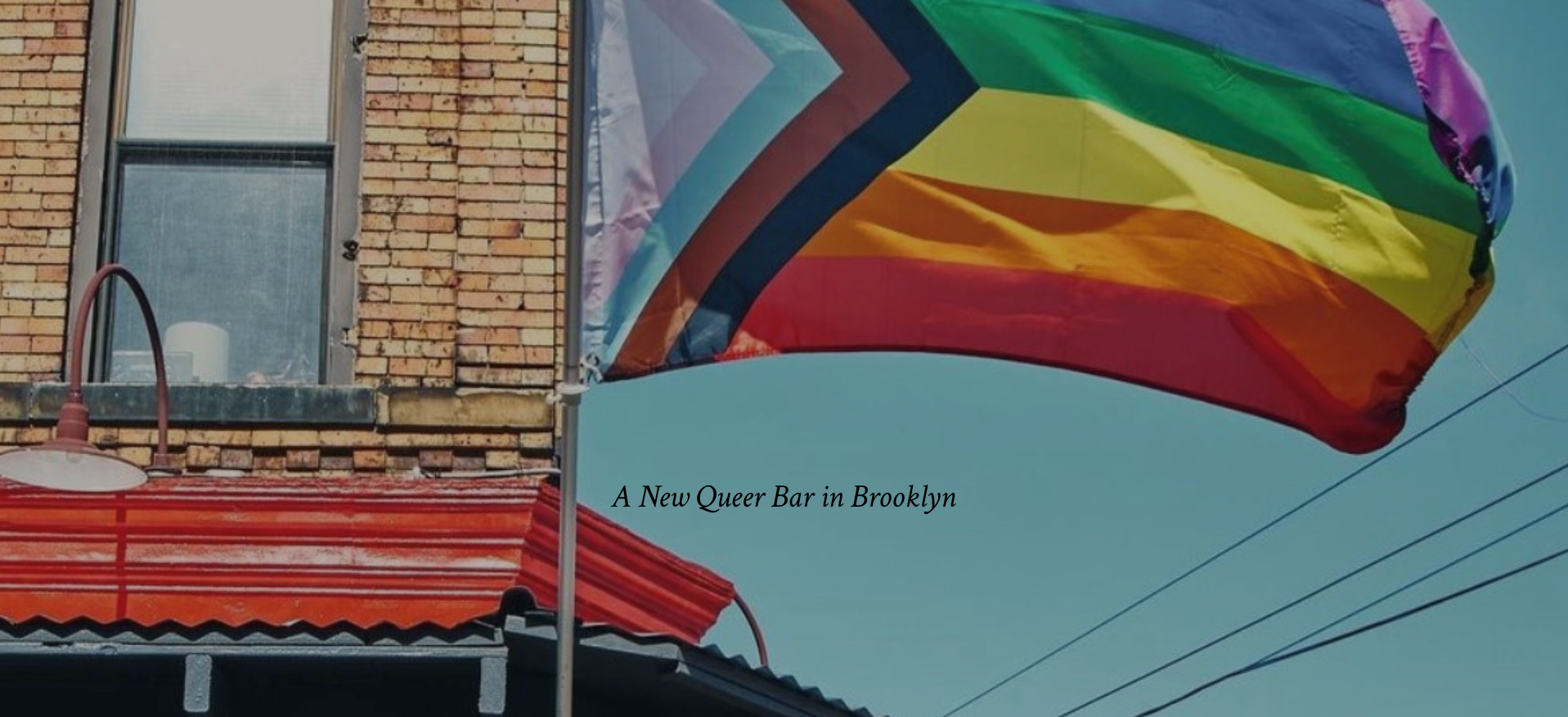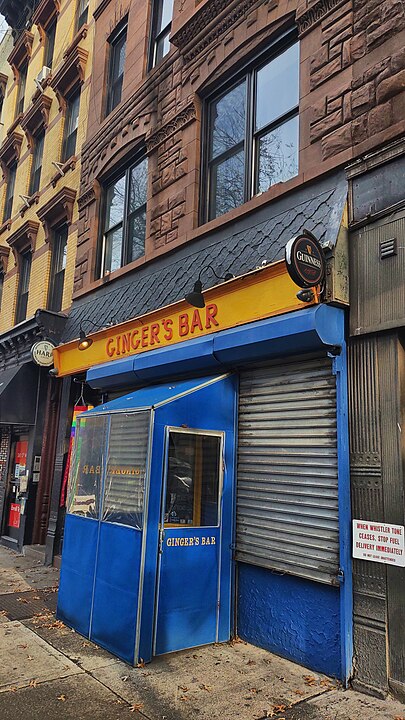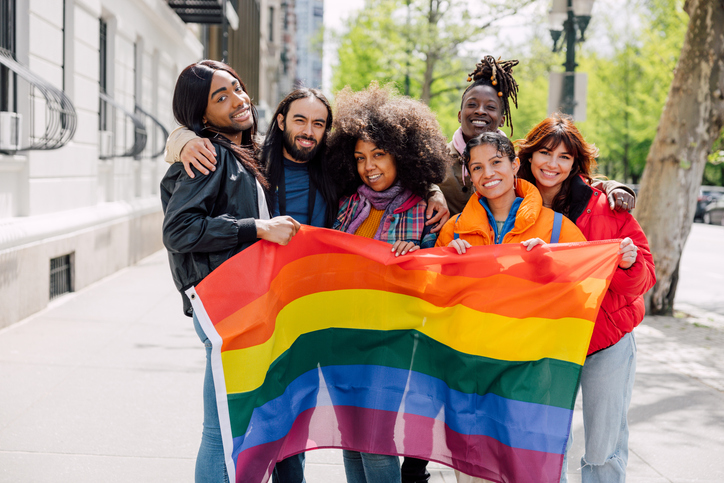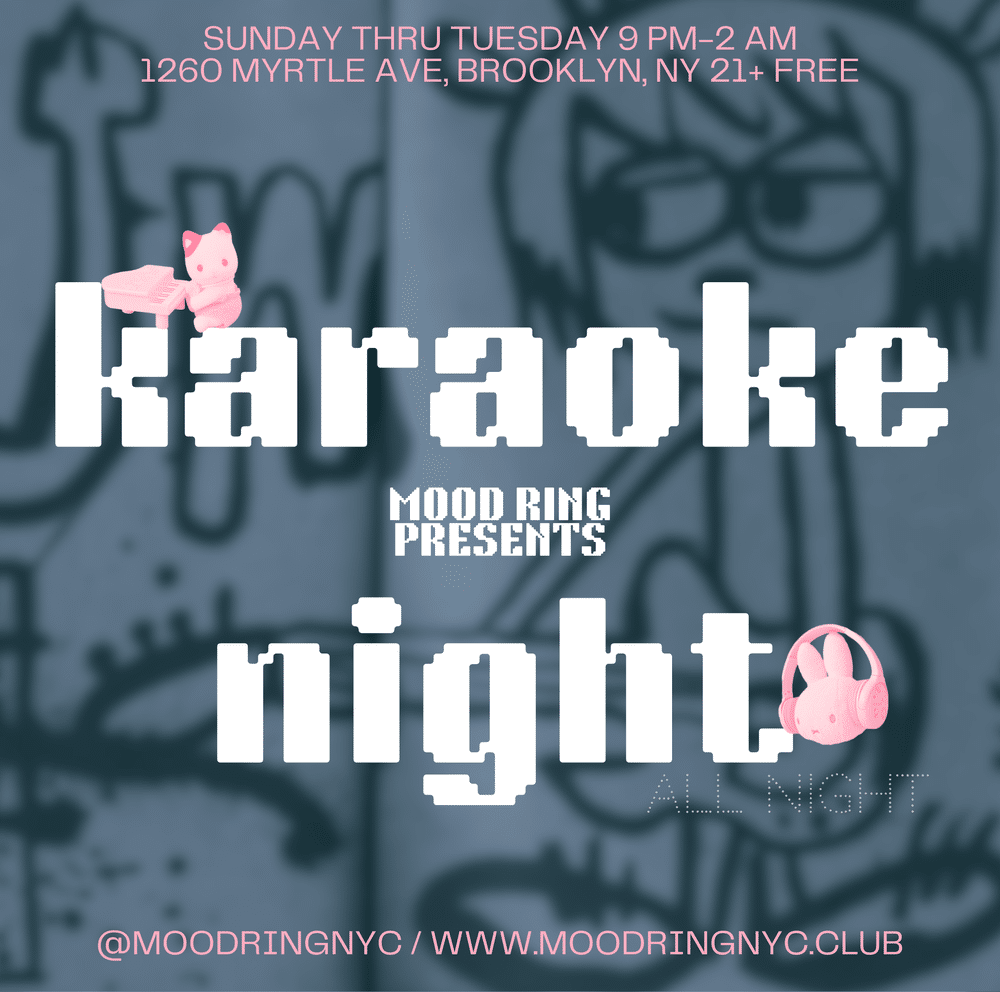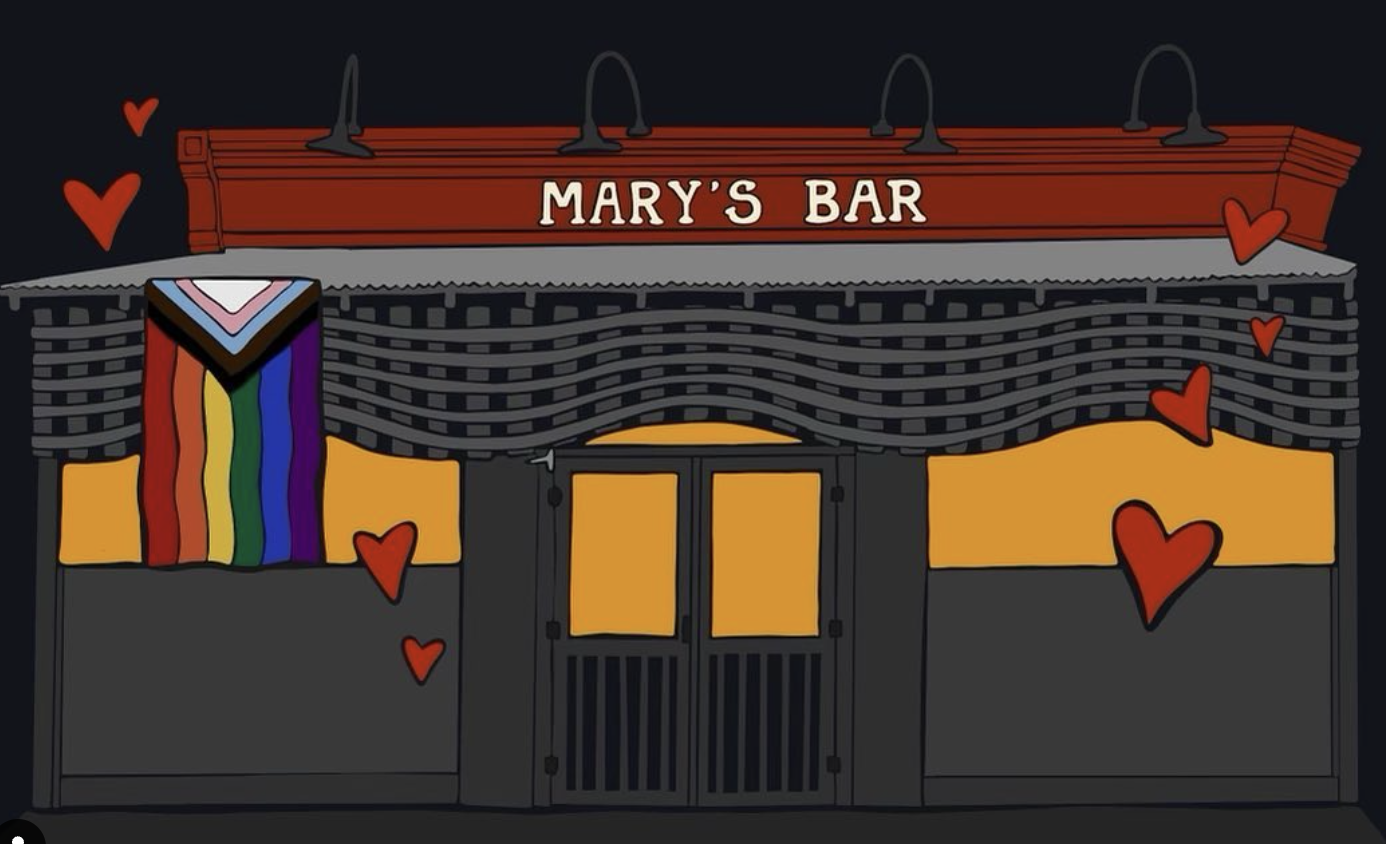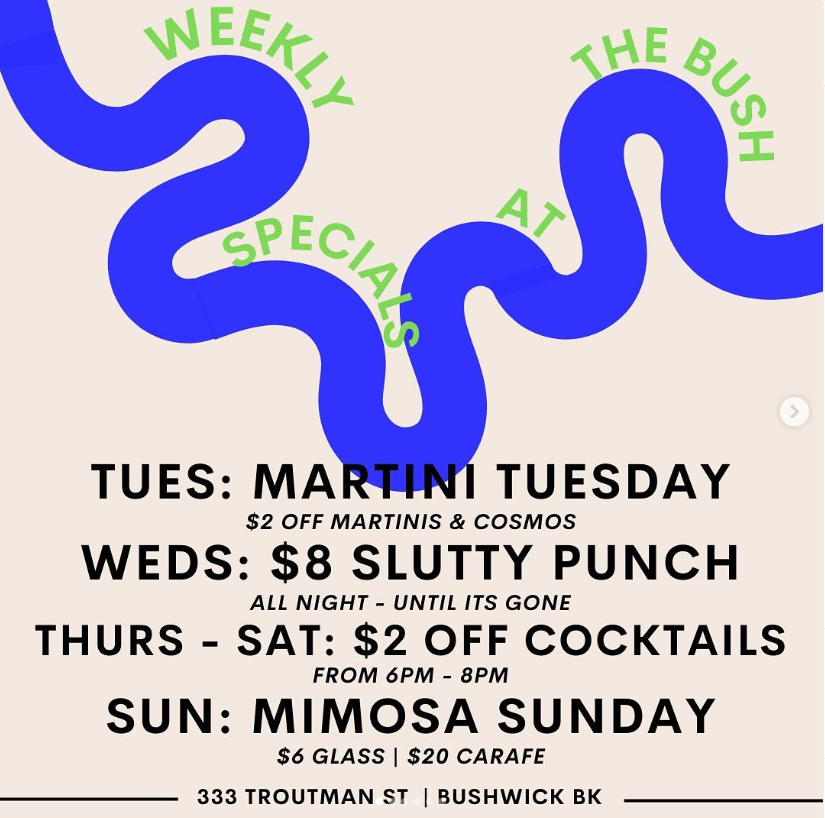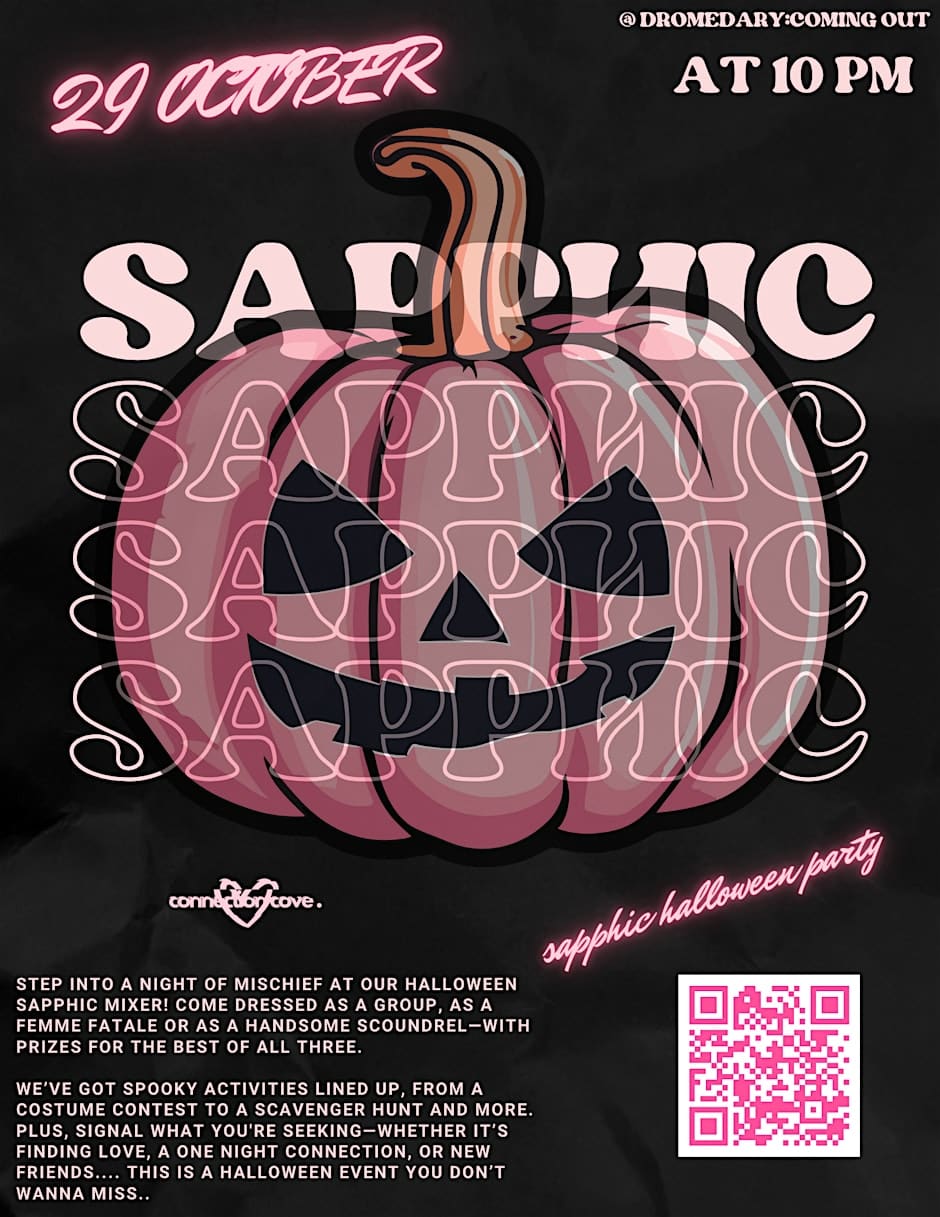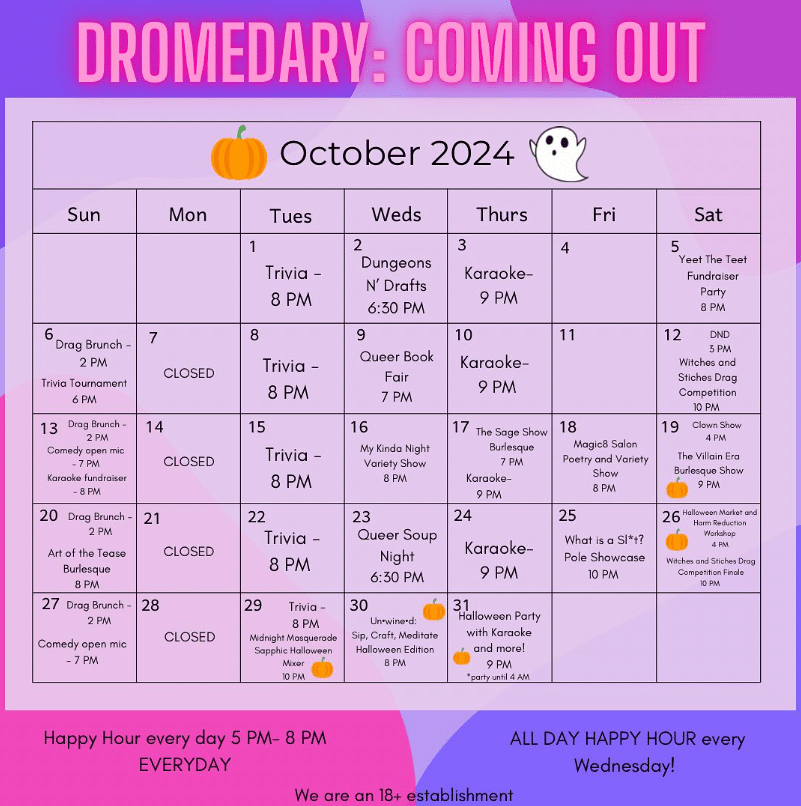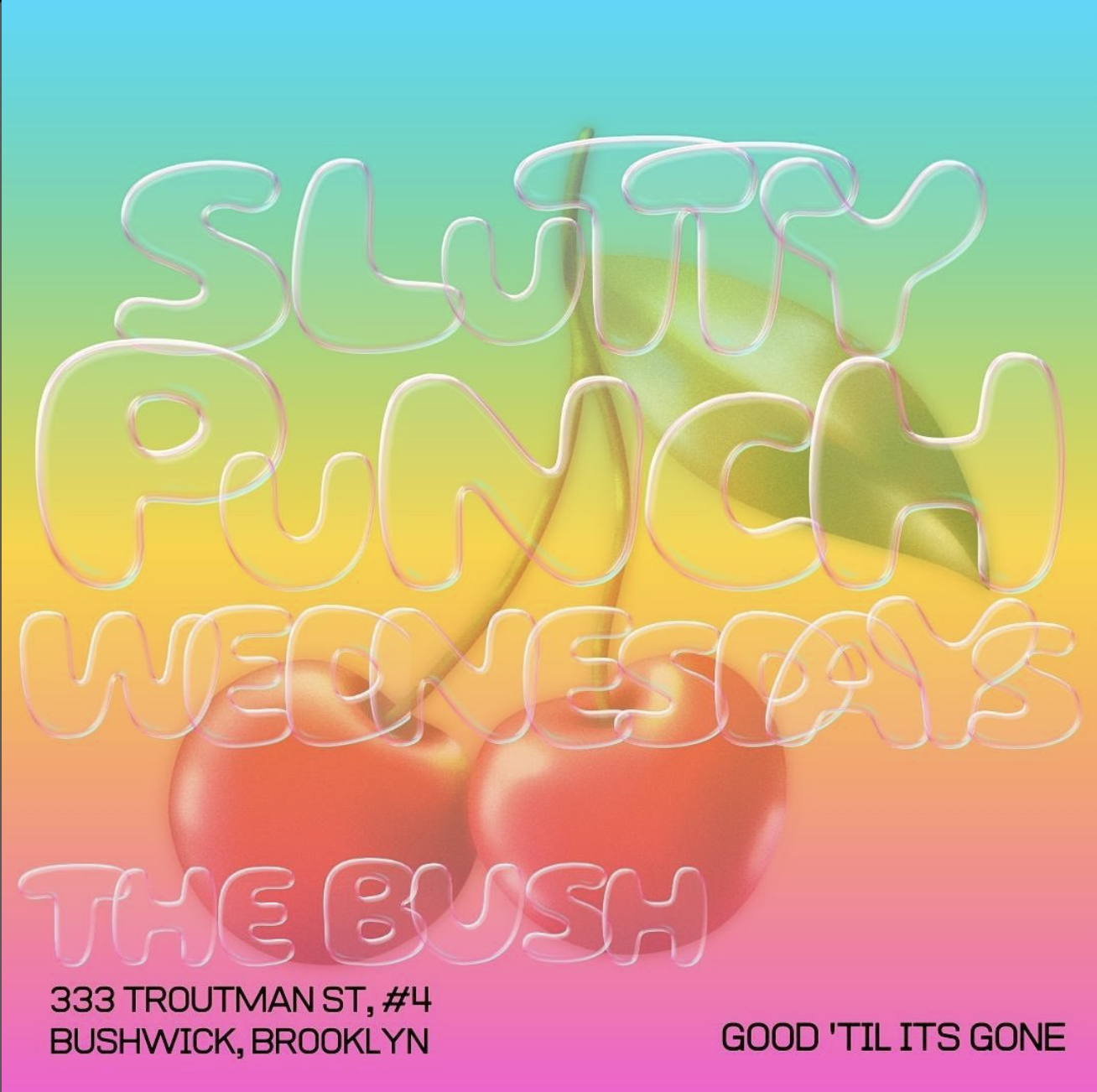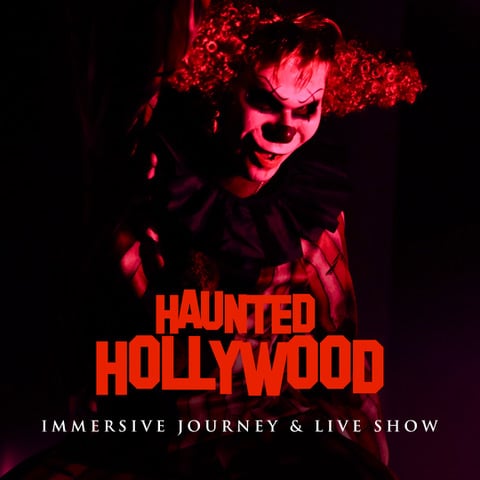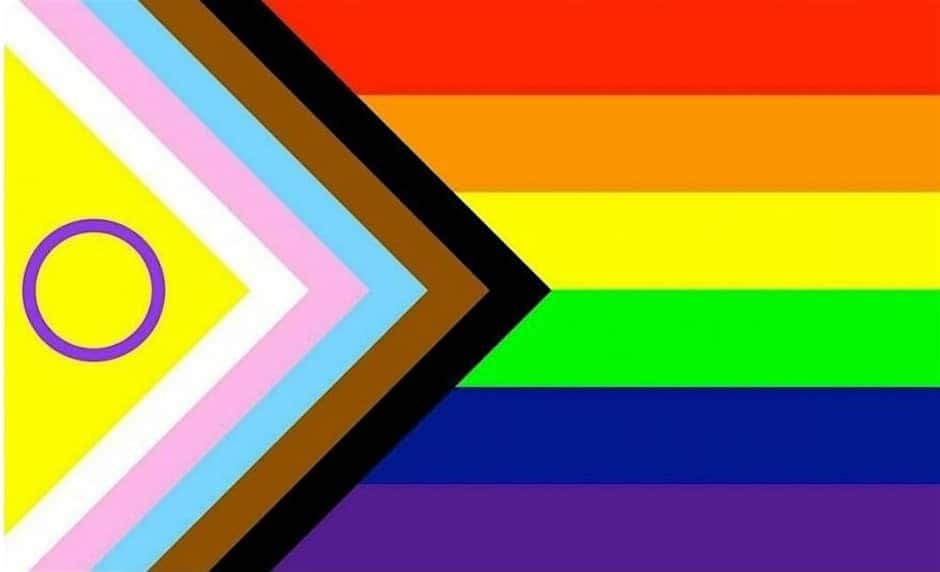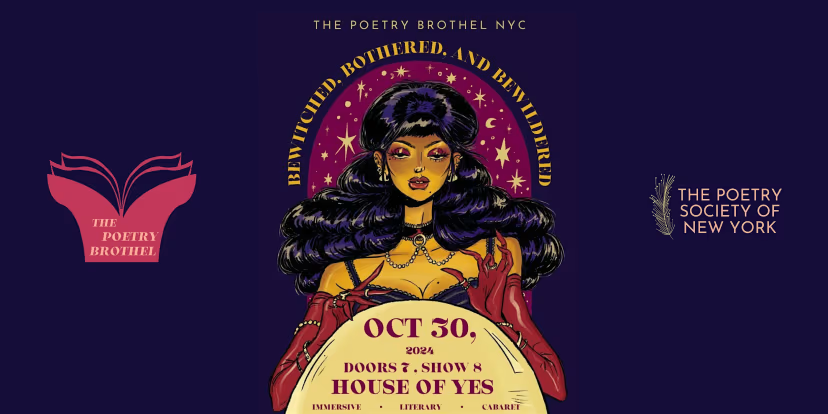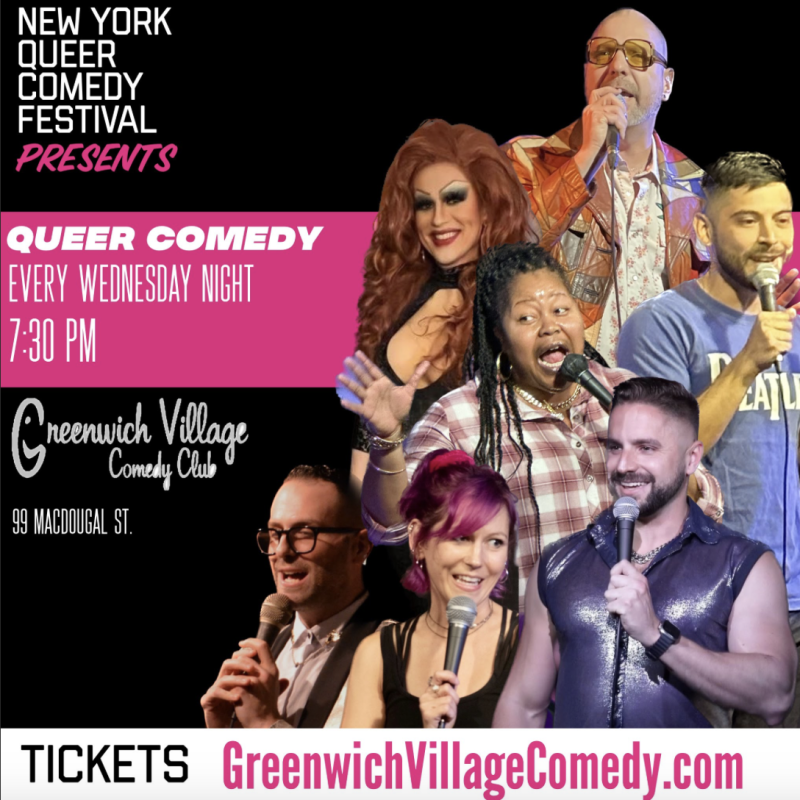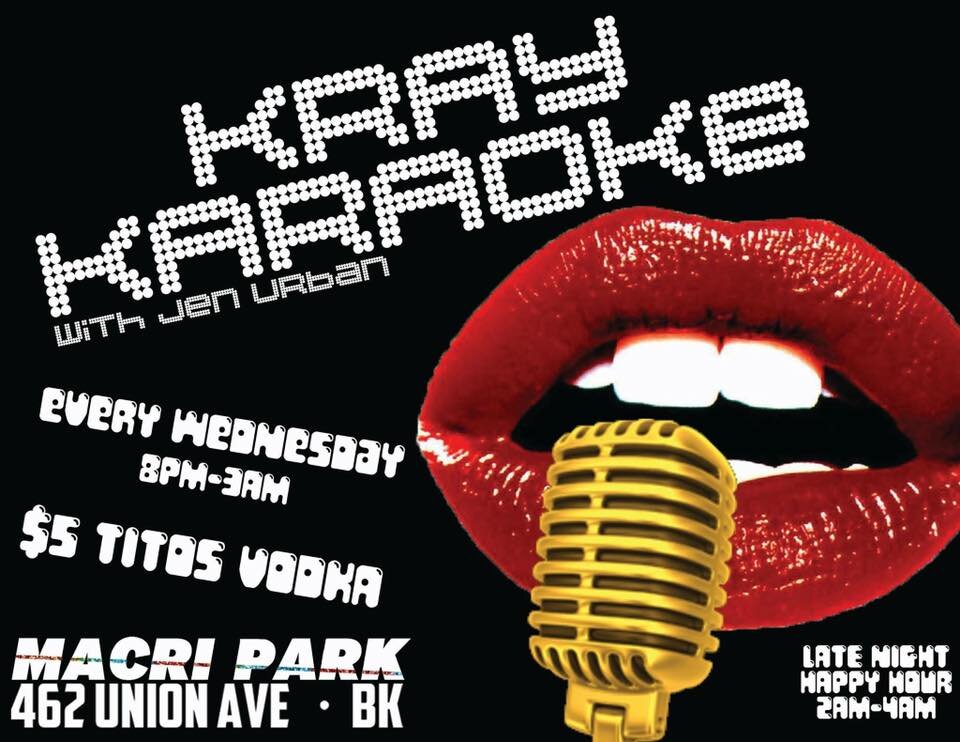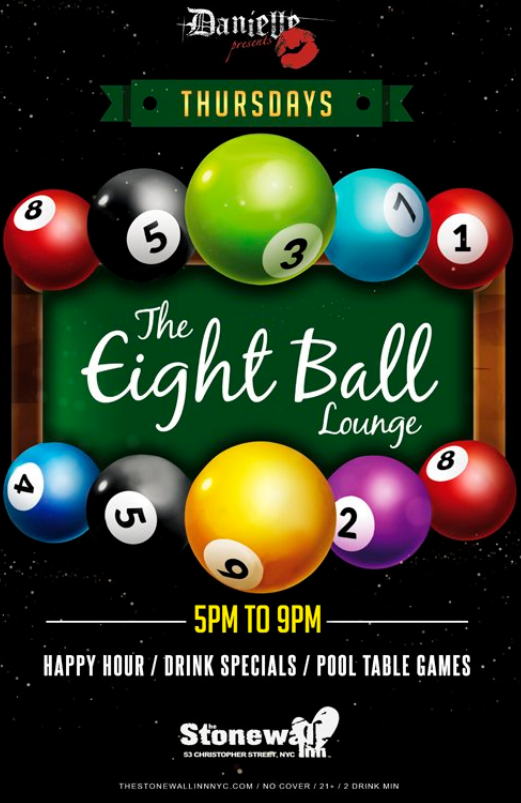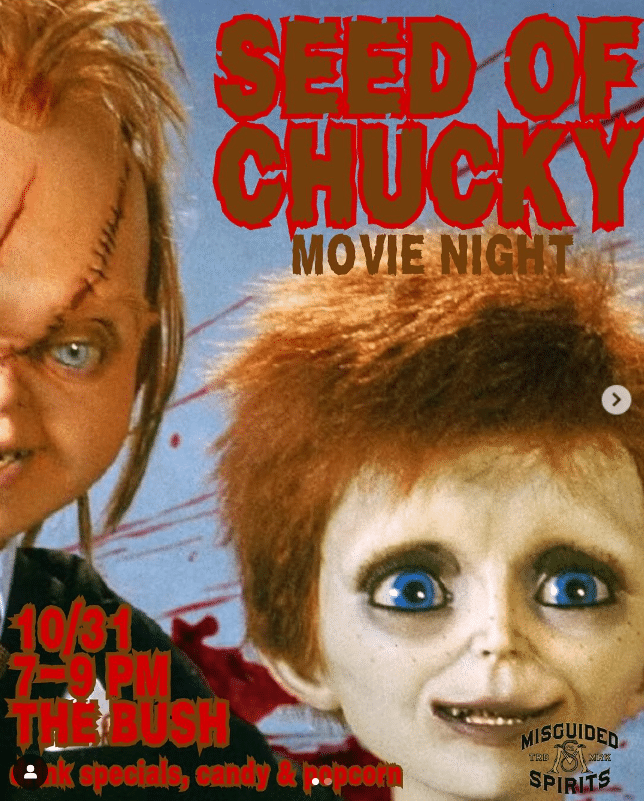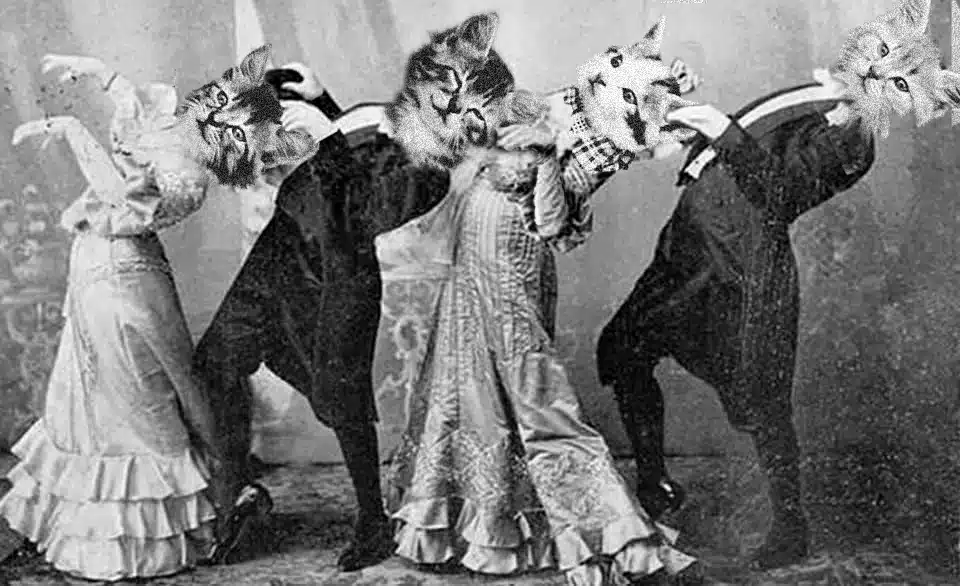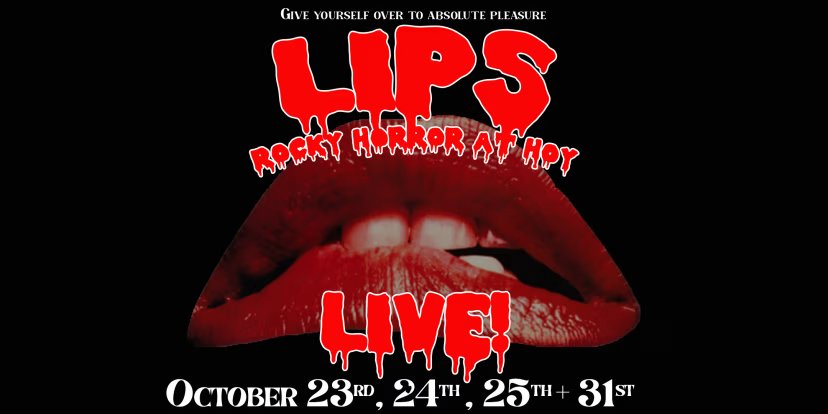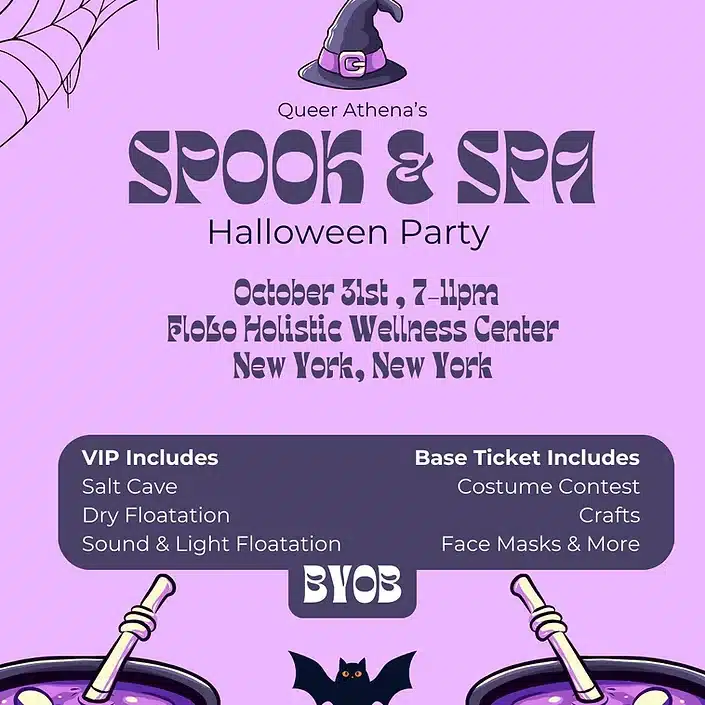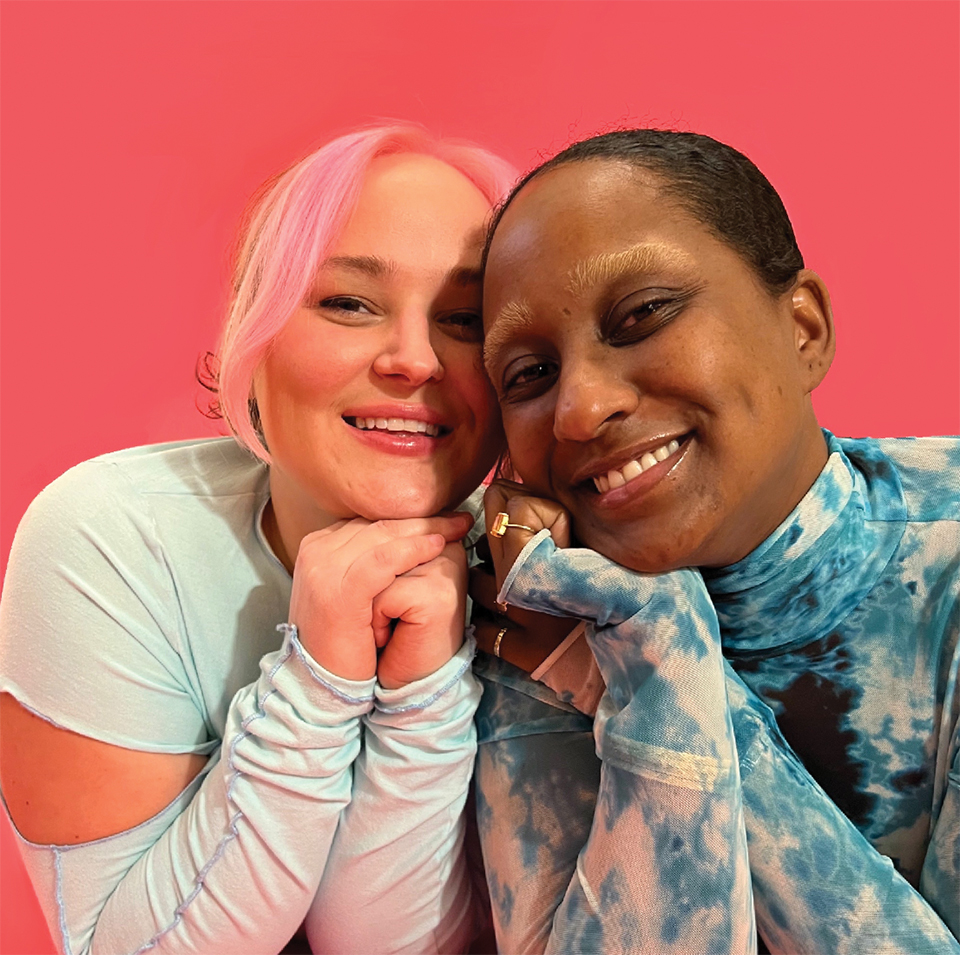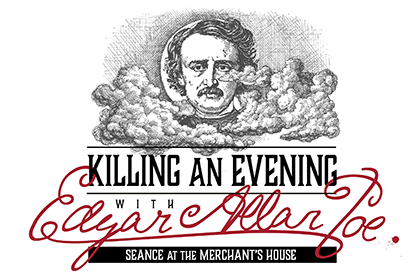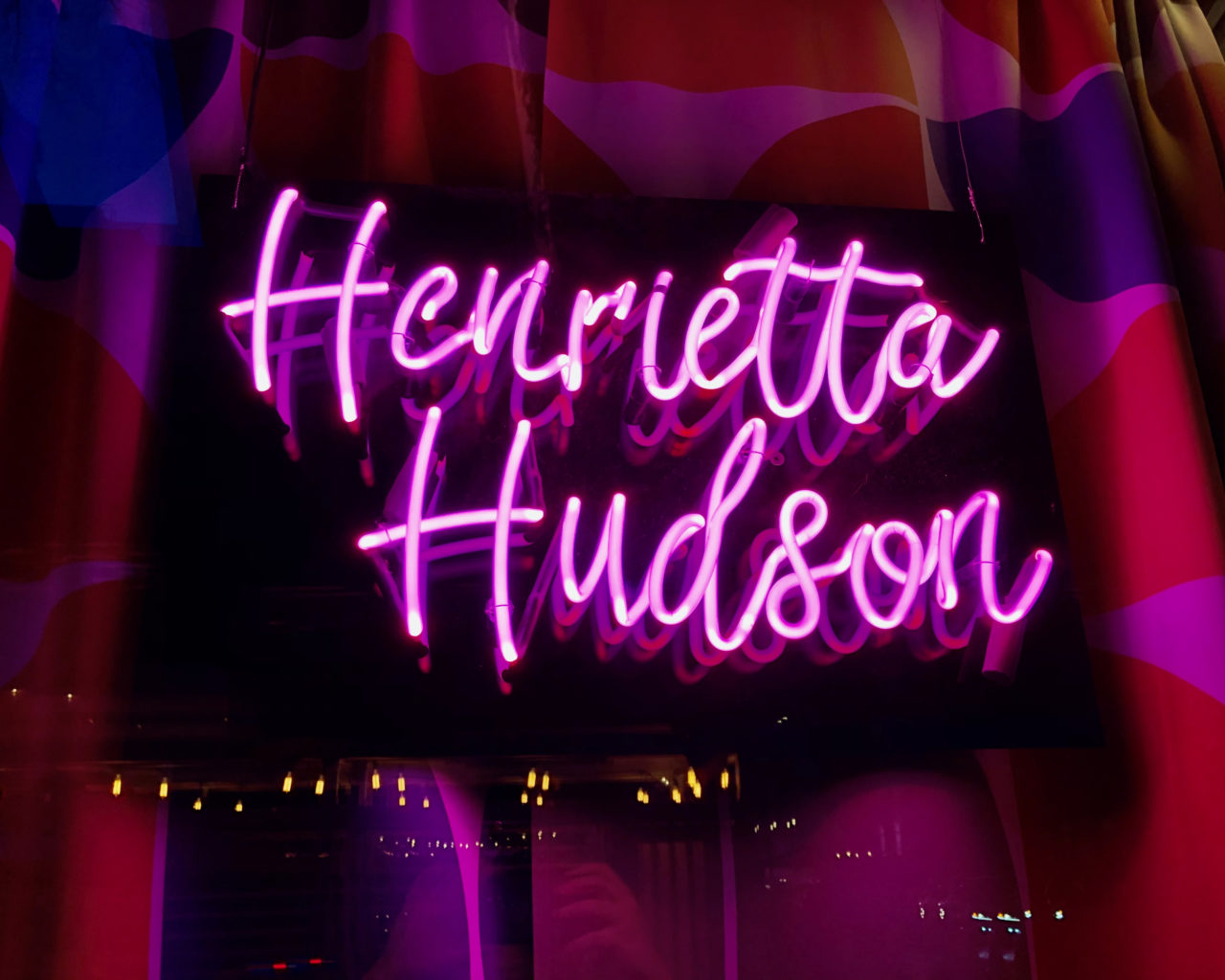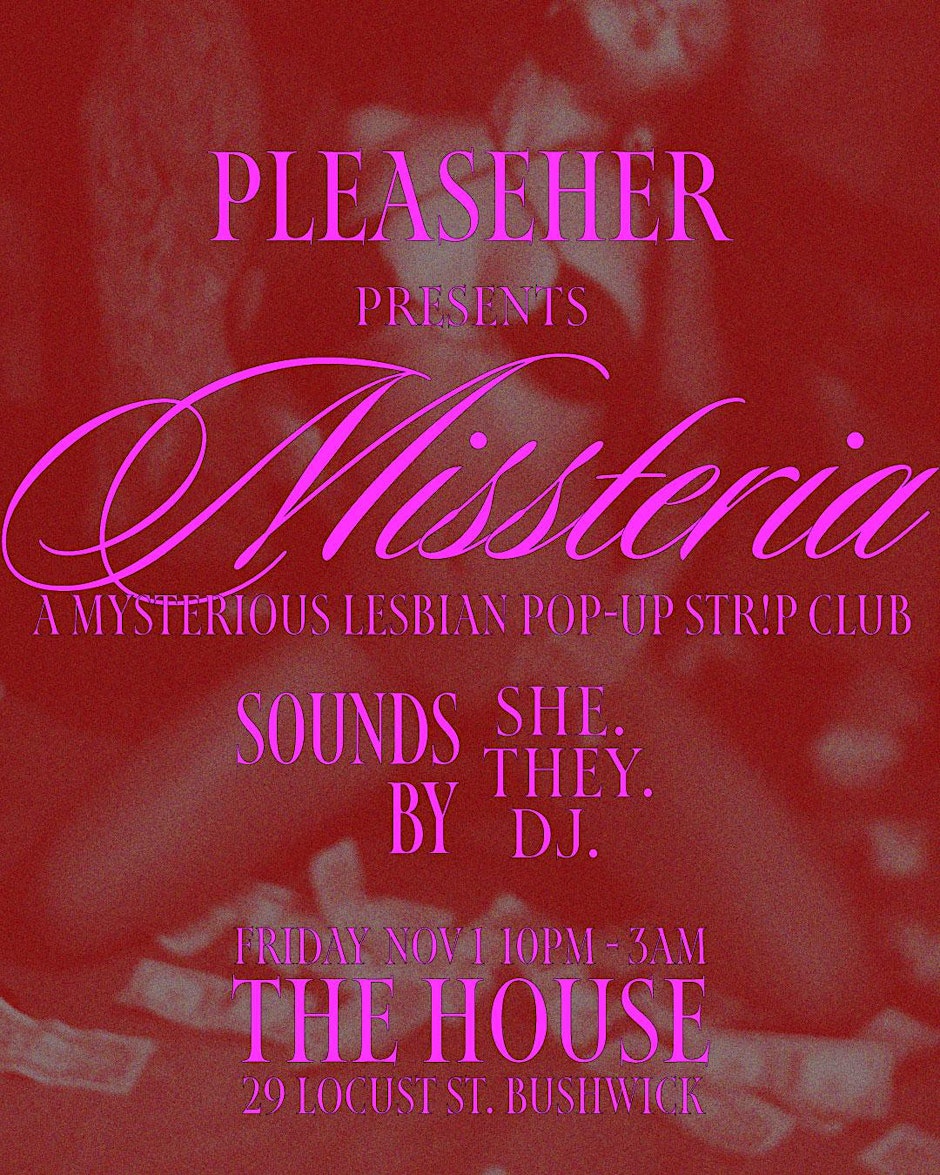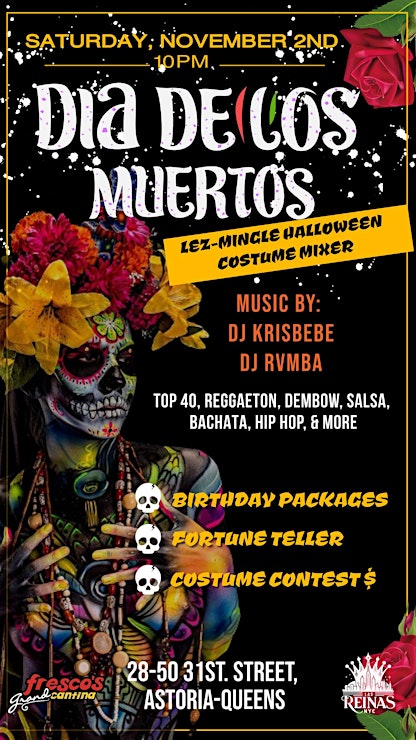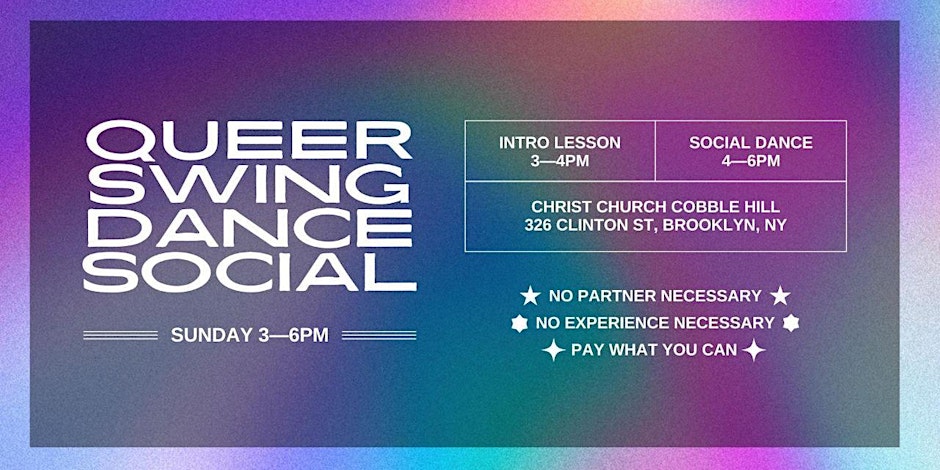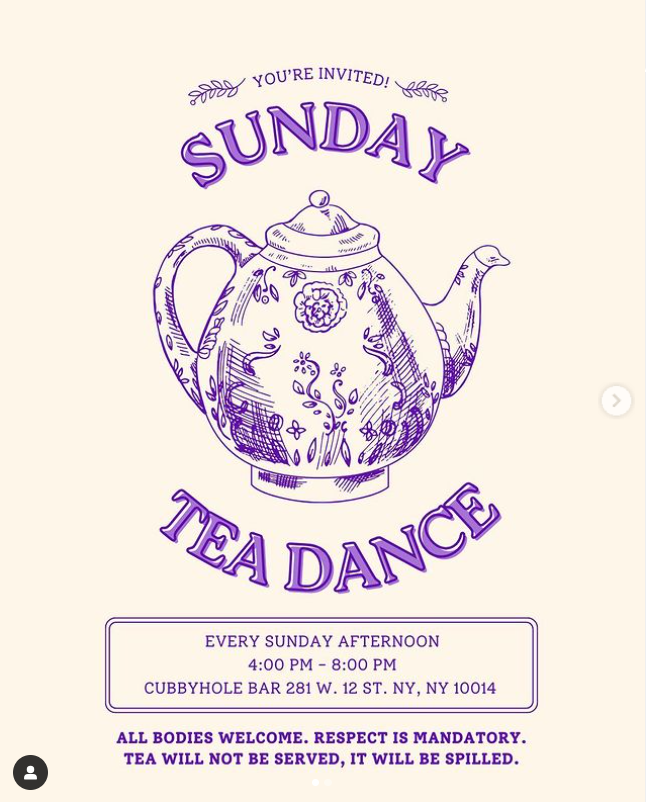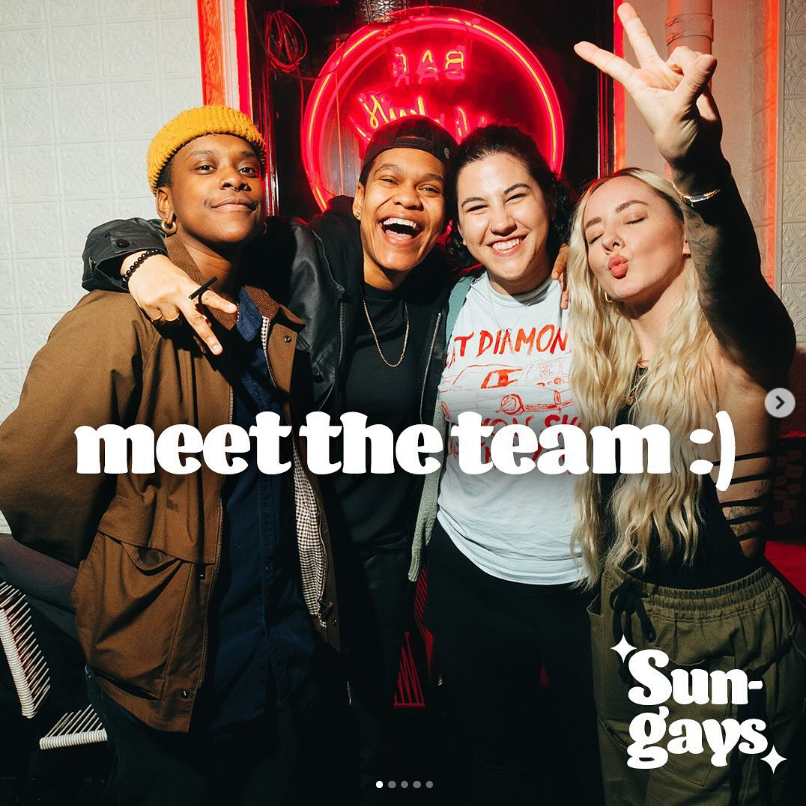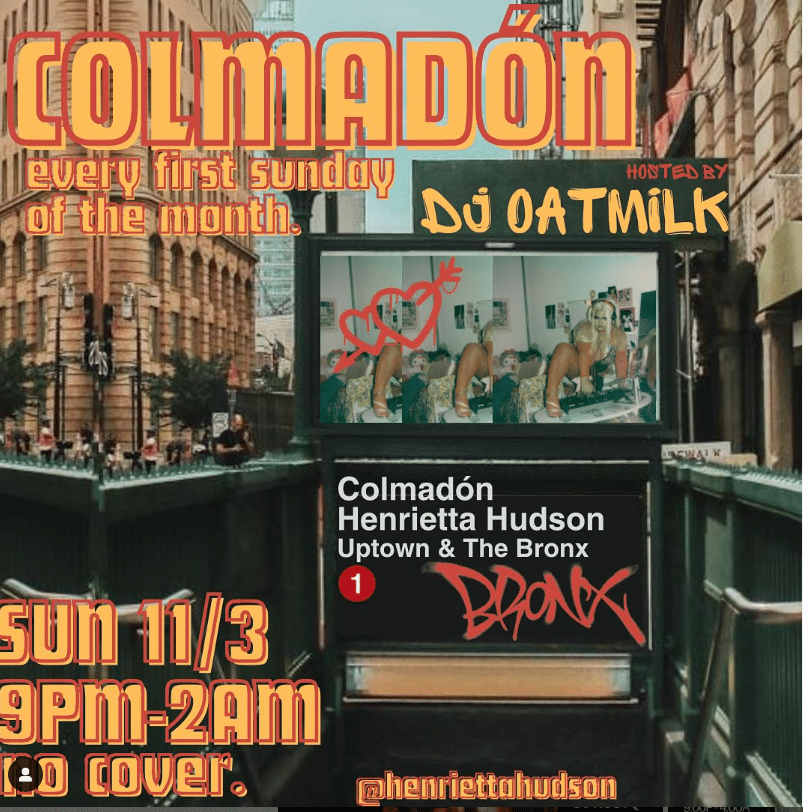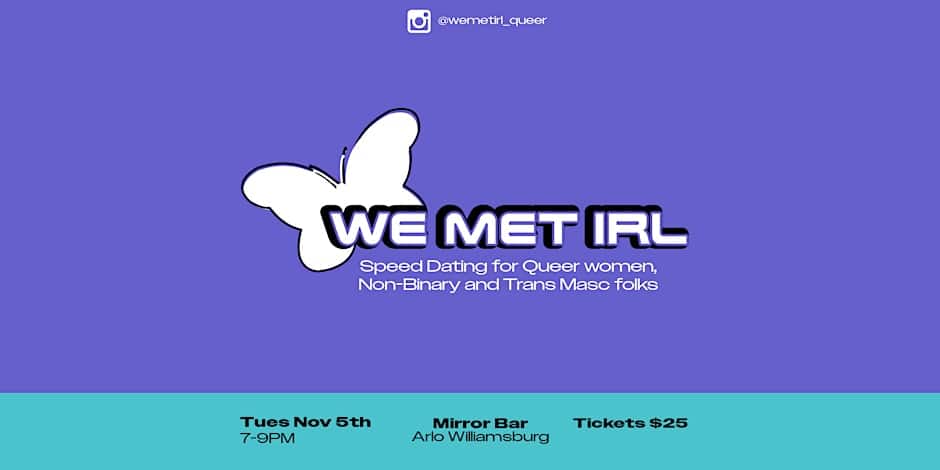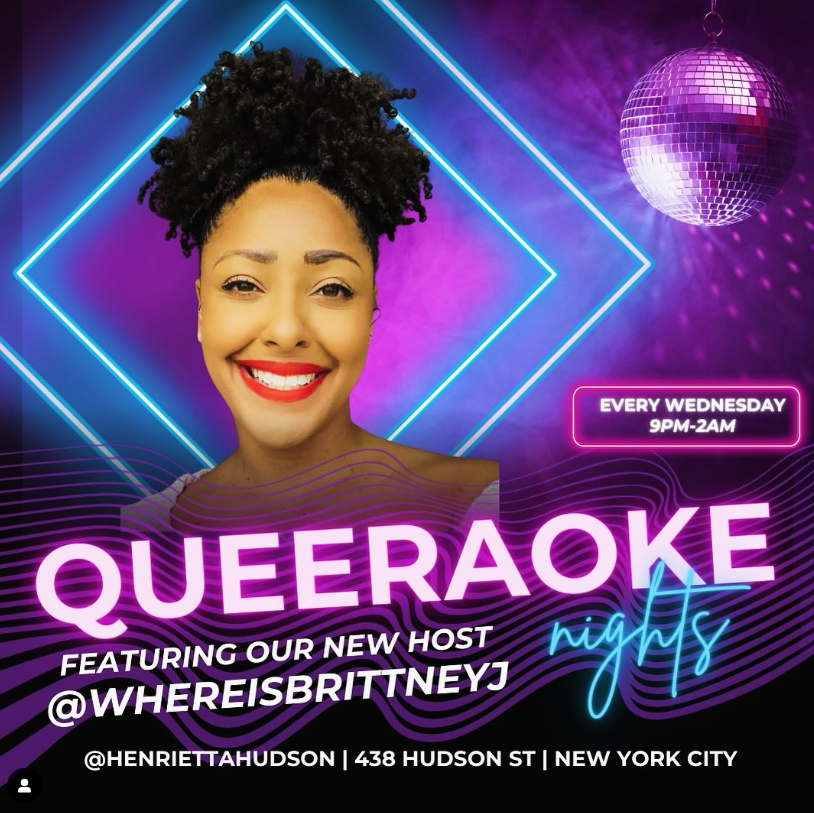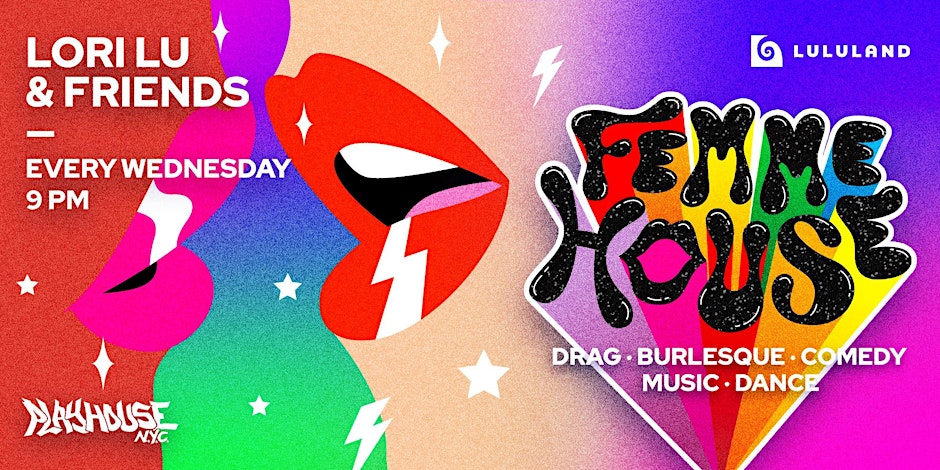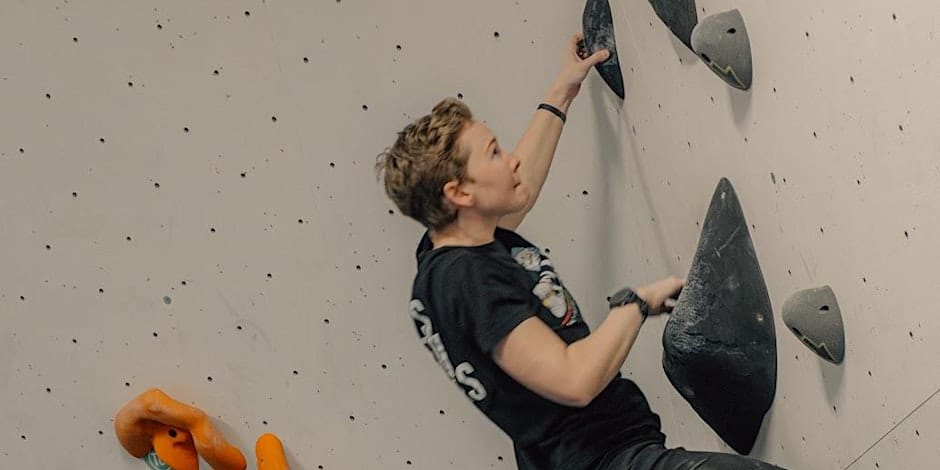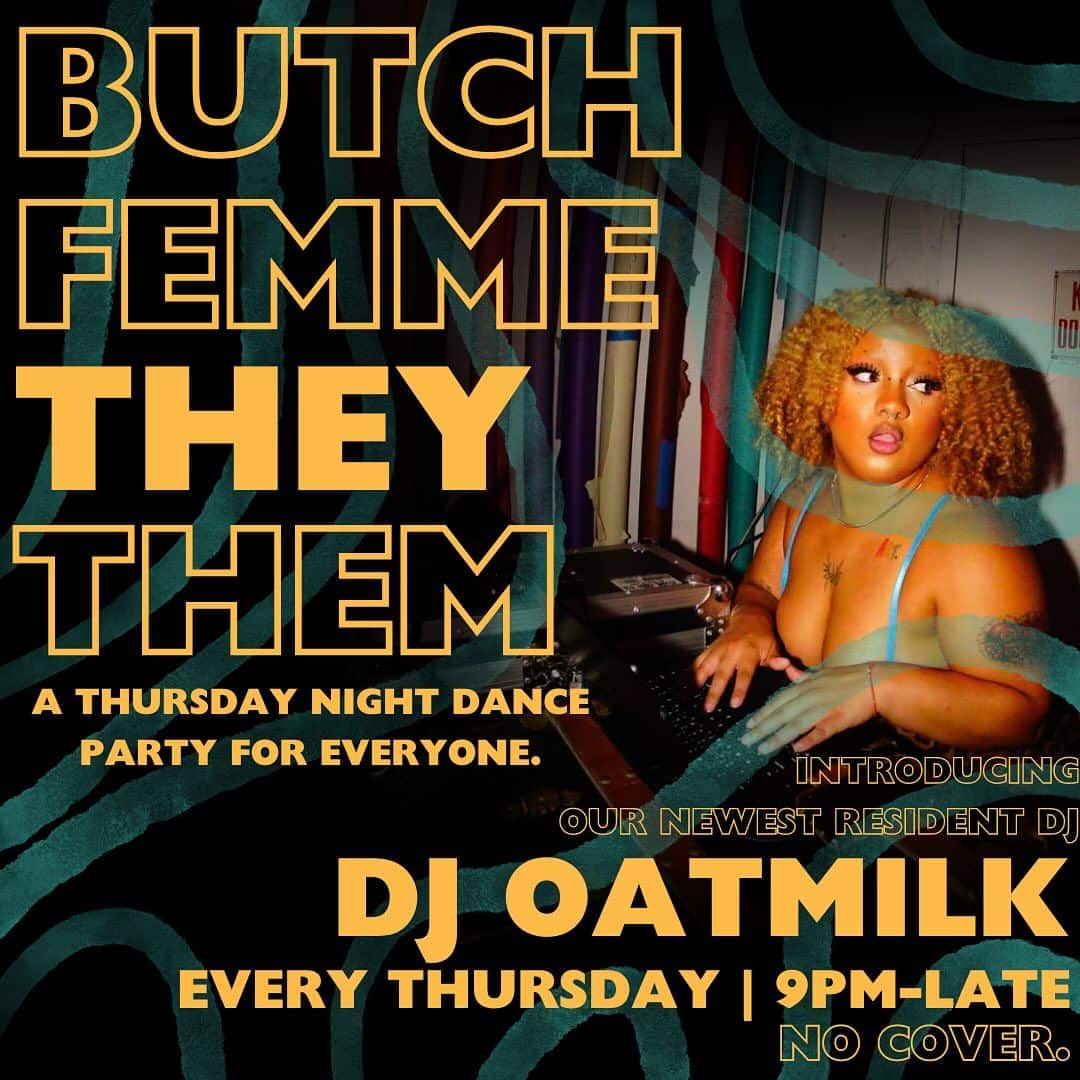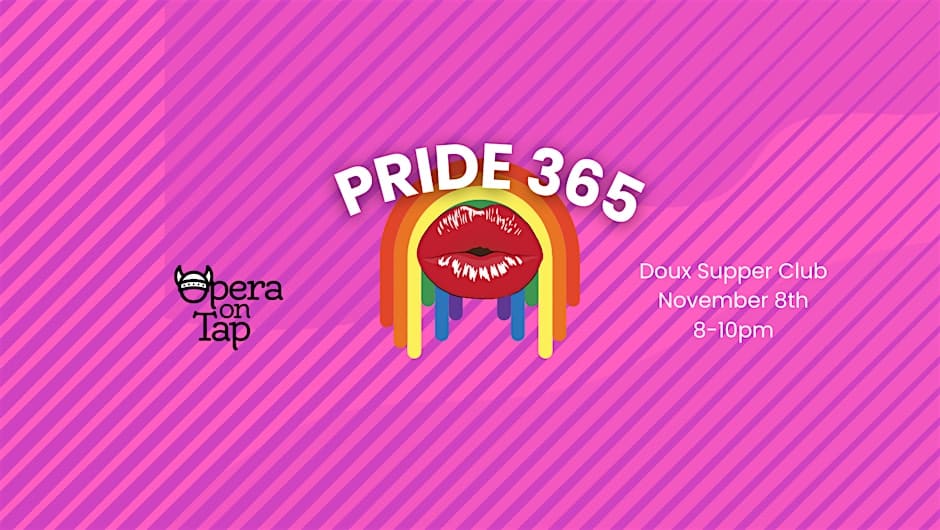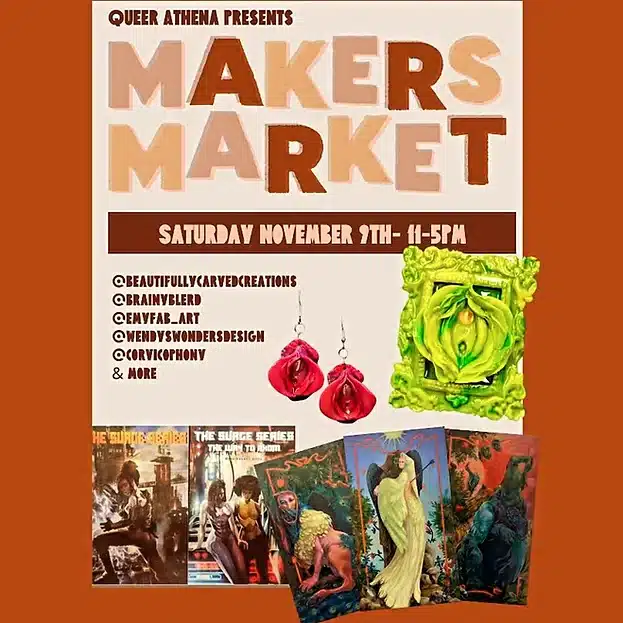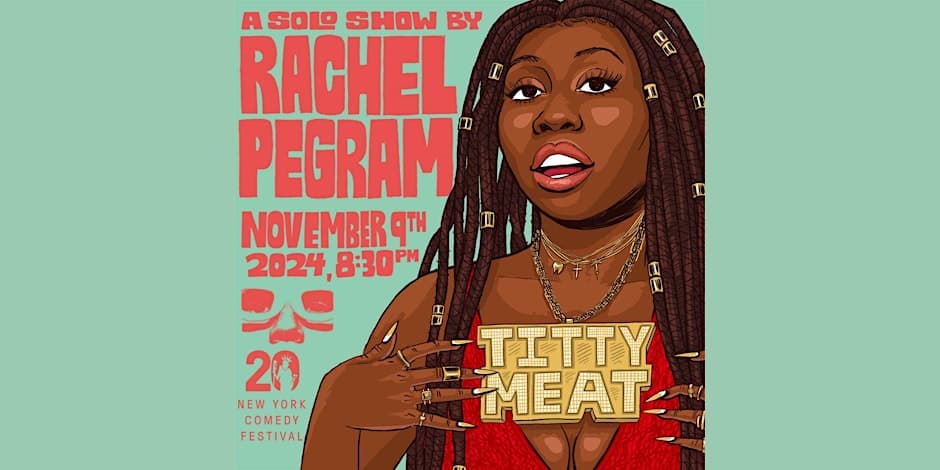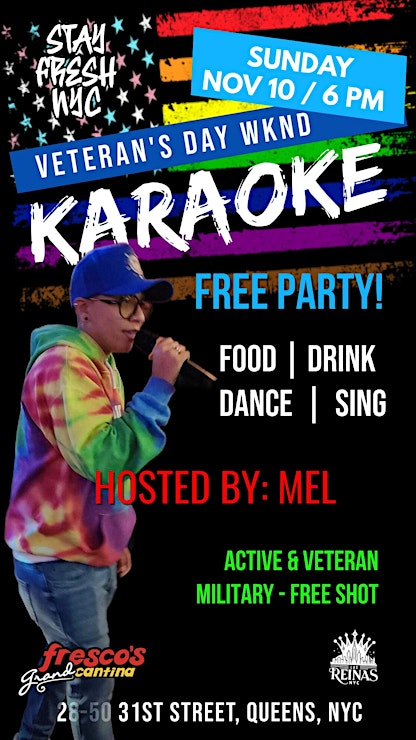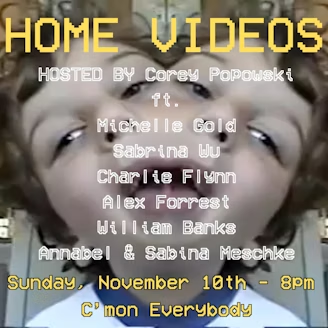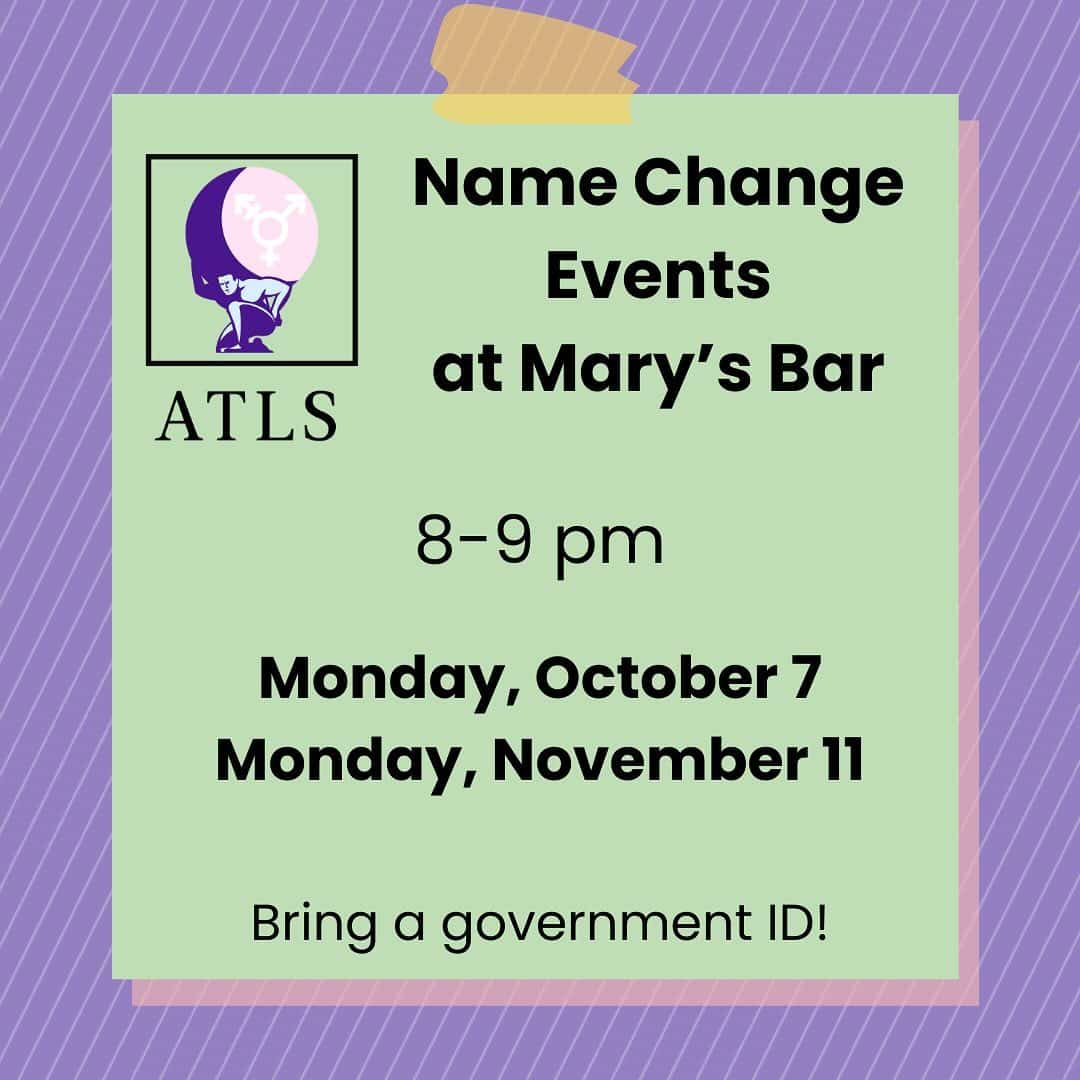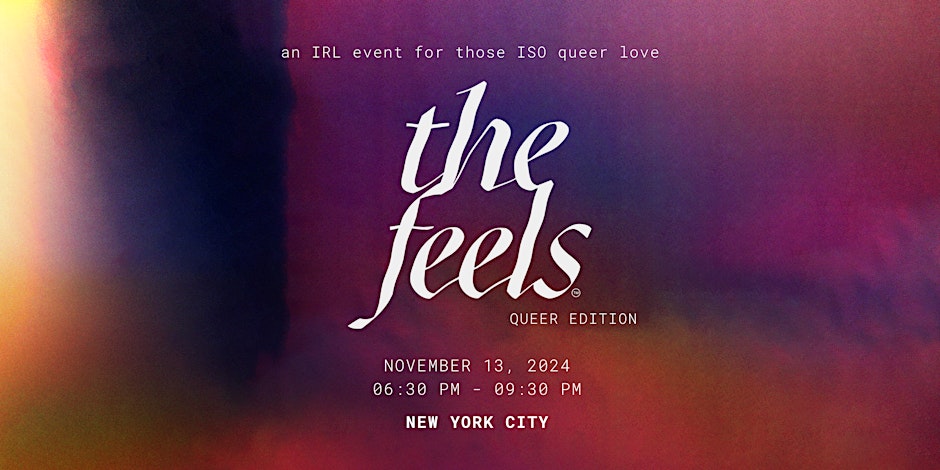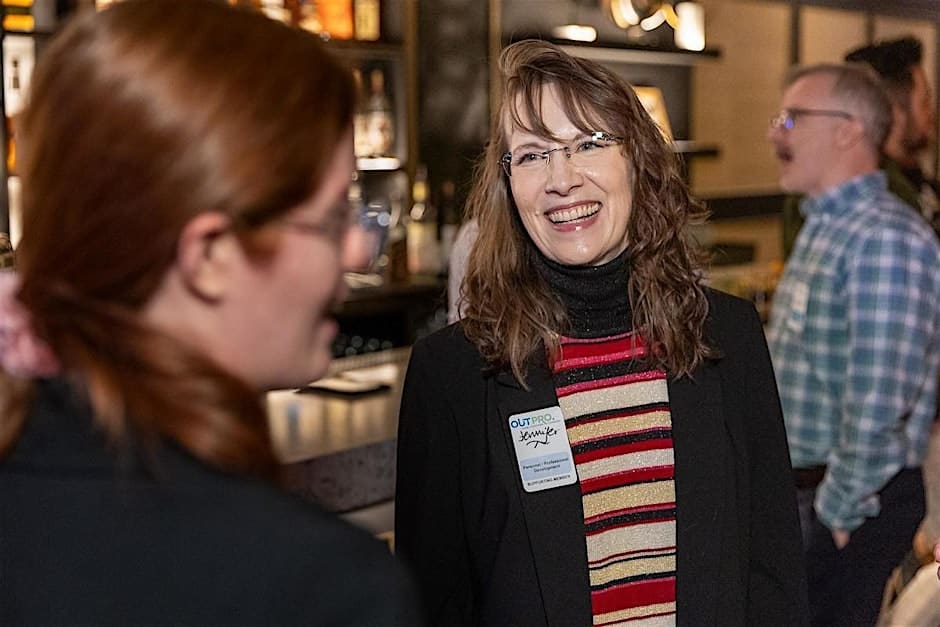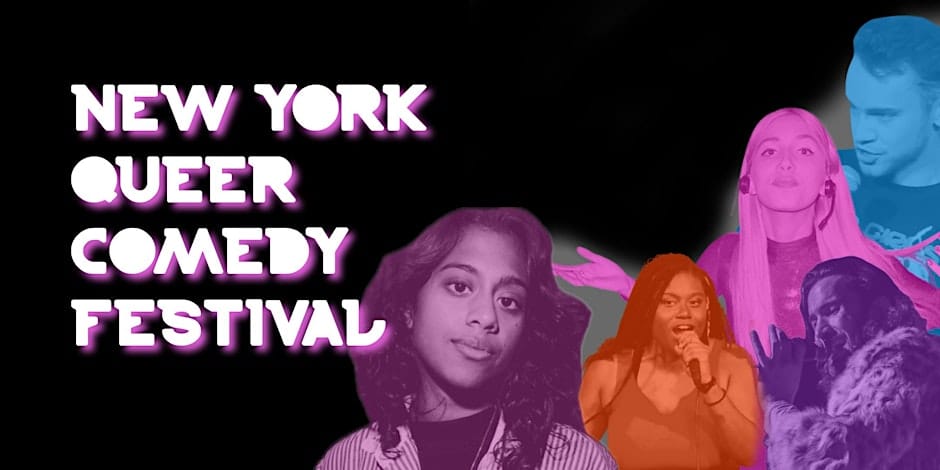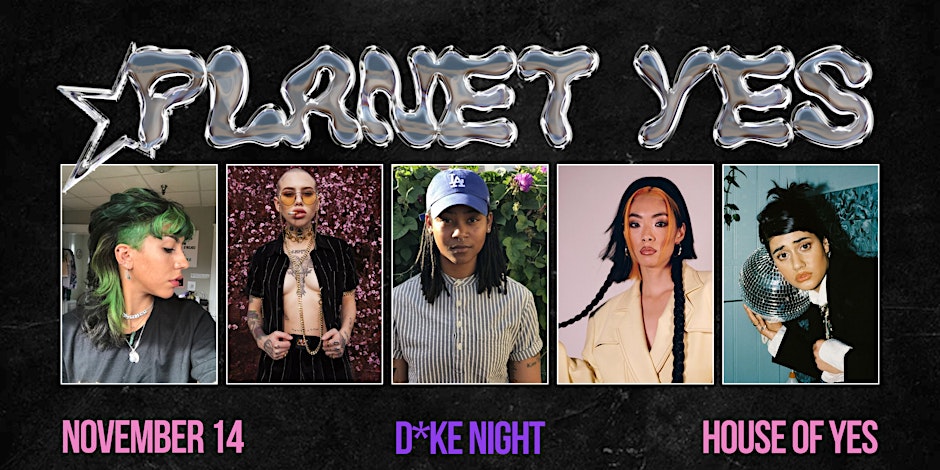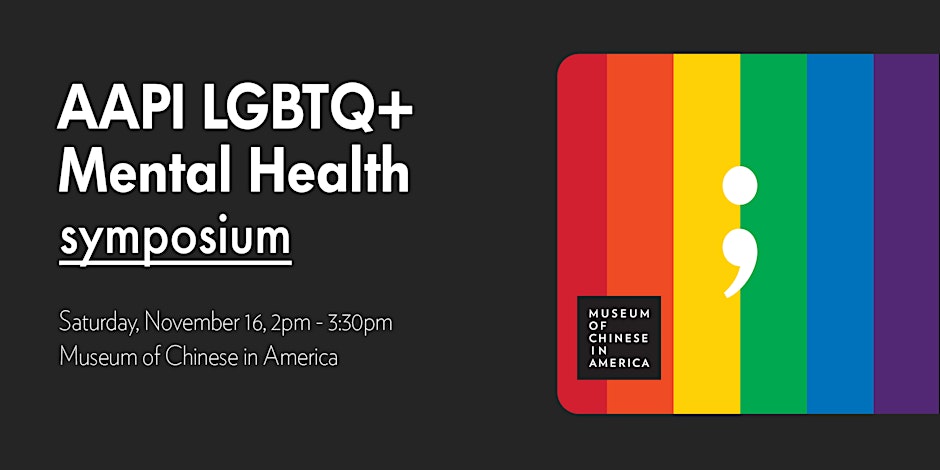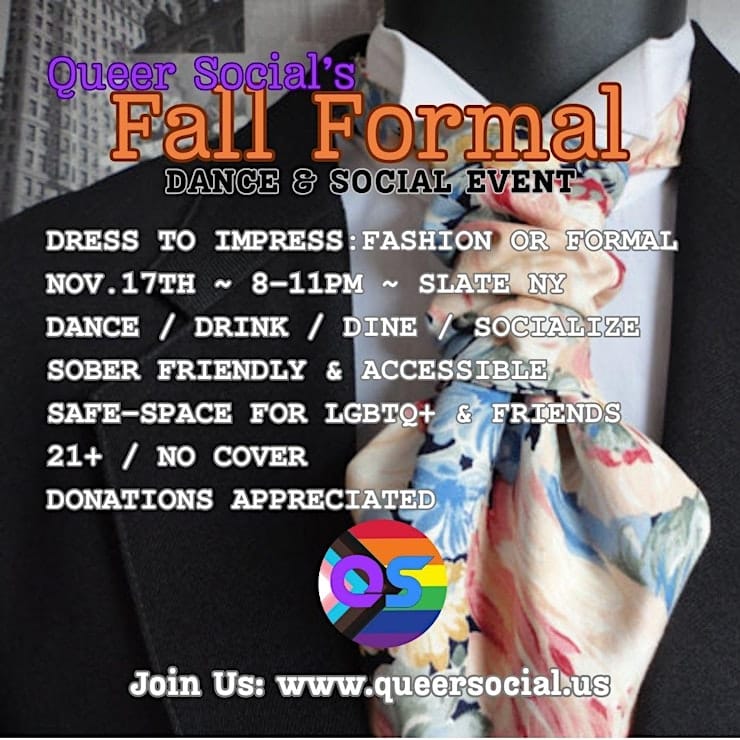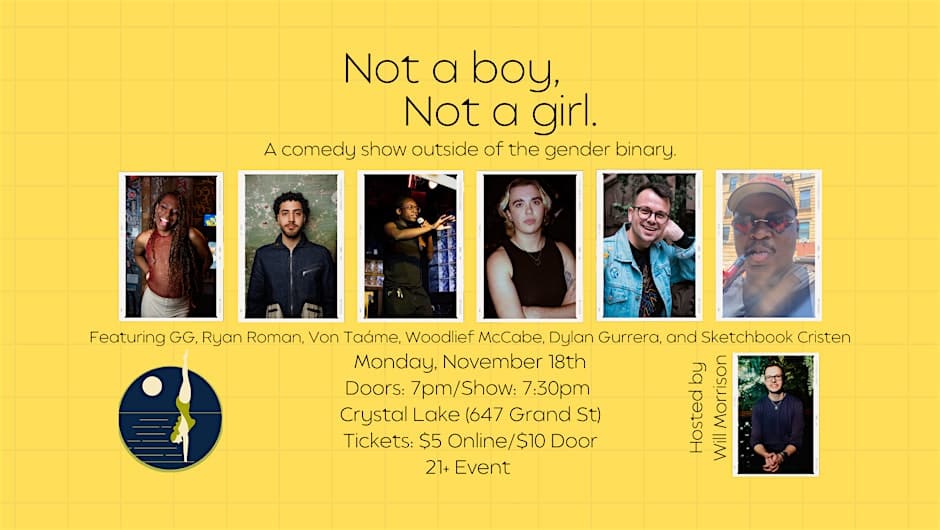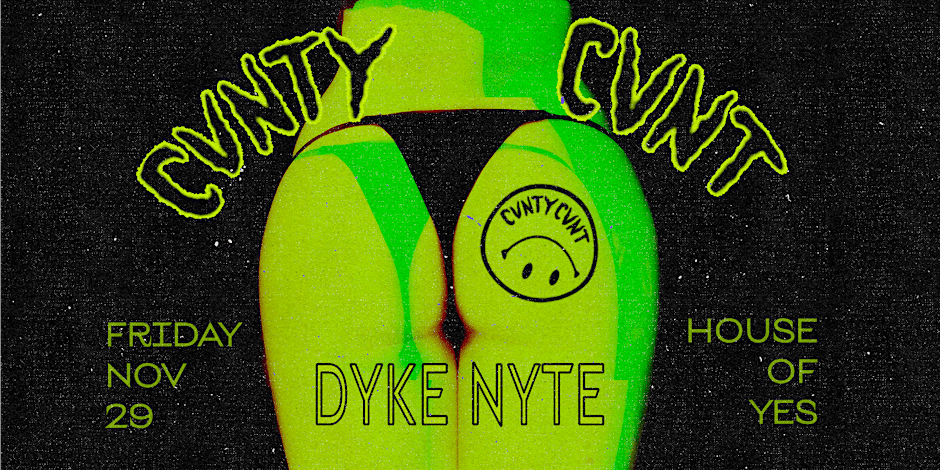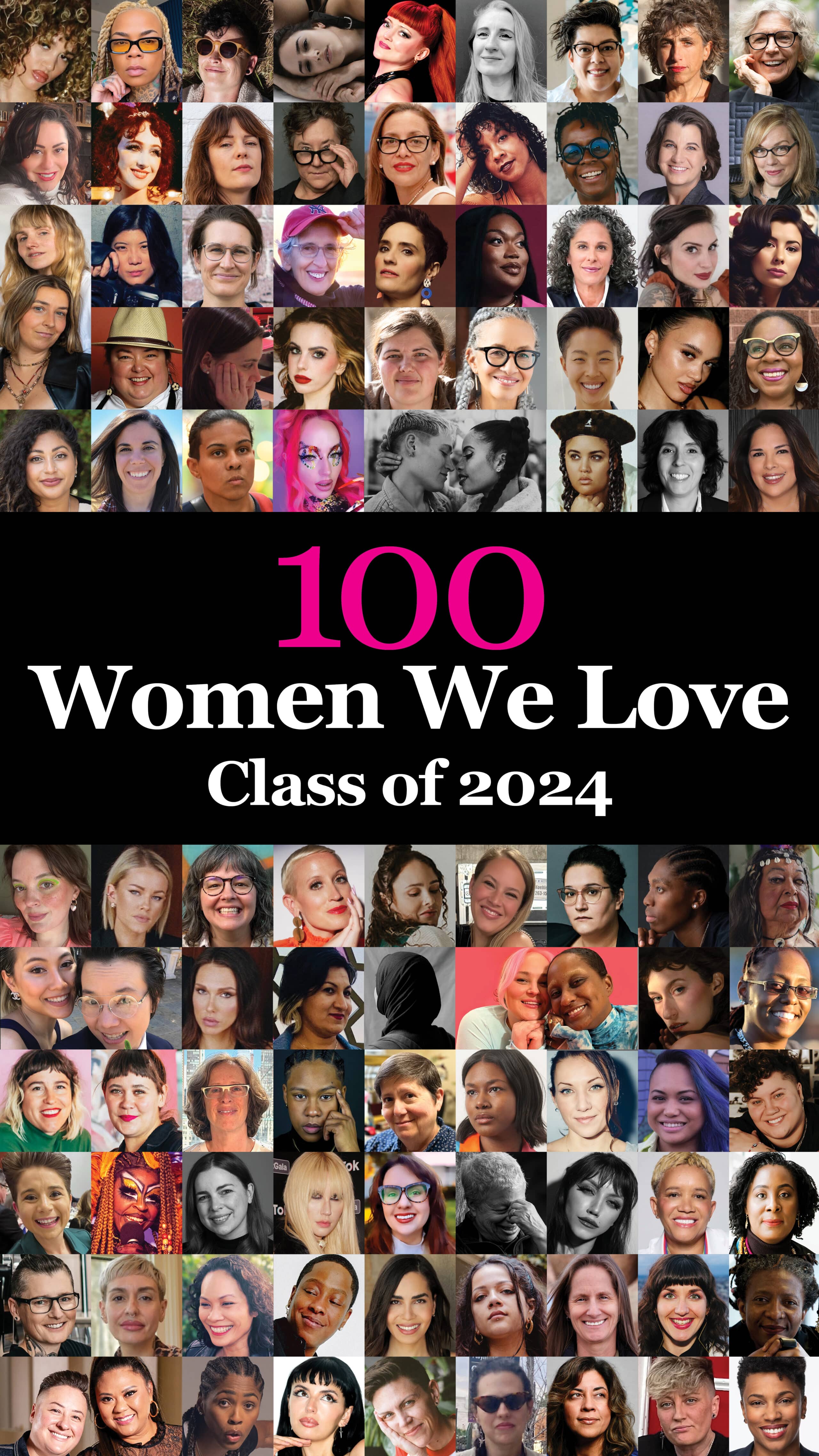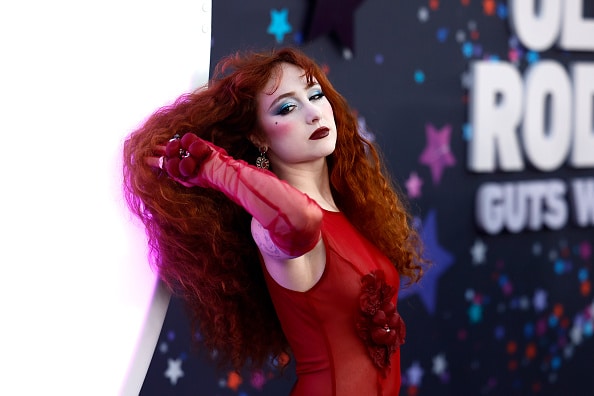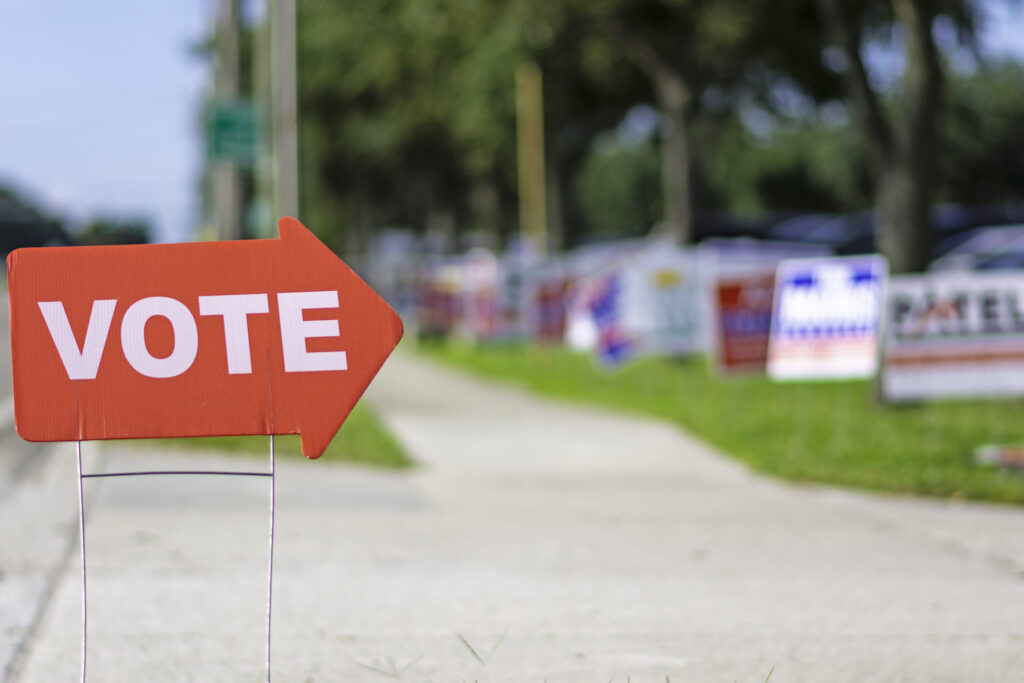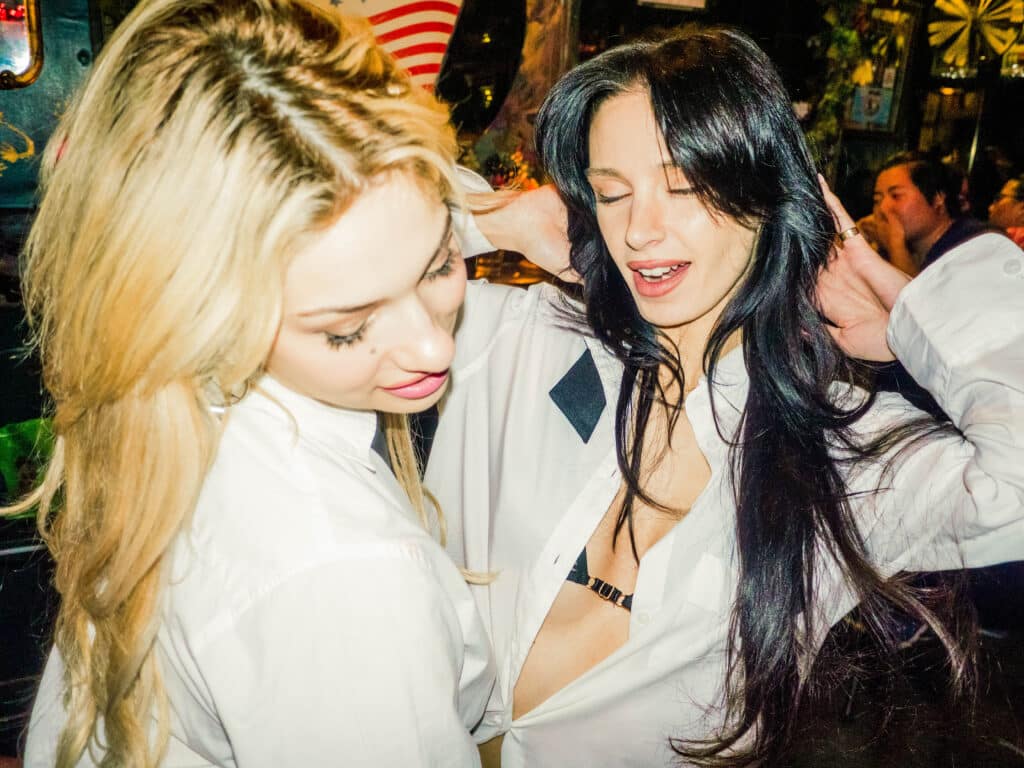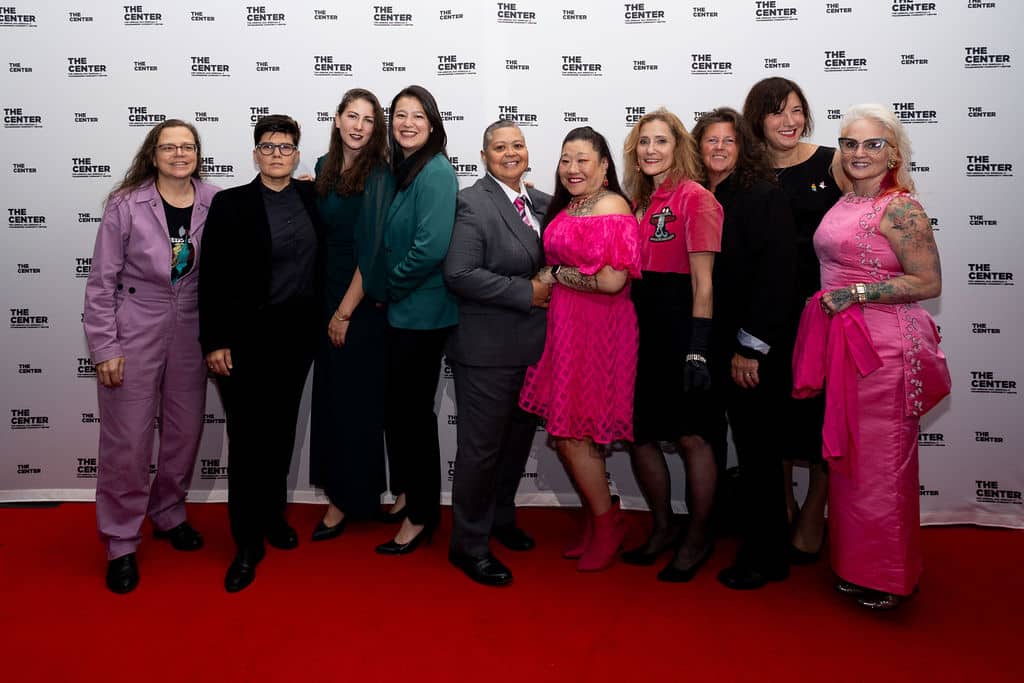The first time I heard Sir Babygirl, I was walking to my first day of graduate school. I had the volume turned all the way up because I was worried that even a moment of silence would compound all of my anxieties about being in a new city, around new people—people who, I was sure, would be better read, more educated, and more talented than I was. I felt that those anxieties would cement me to whatever self-sabotaging spot I stood in. Listening to Kelsie Hogue—the hyper-fluid performer behind Sir Babygirl, her pseudonymous pop-star persona—sing “Heels,” I found the tempo that would carry me through that first semester.
For the last few months, Sir Babygirl has been releasing a series of singles, each progressively poppier and more complicated than the last. Whereas “Heels” provided a song to be played through all the fall’s dance parties, “Flirting with Her” became the theme song for all the fall’s sapphic flings. With “Haunted House” and “Everyone Is a Bad Friend,” we got a hint of the darker and upbeat themes of their debut album, Crush on Me.
We sat down together for coffee and talked about what he called (I’m switching pronouns here deliberately), “the mythology of the diva,” dogs, crushes, and queer joy.
GO Mag: Tell me about how Sir Babygirl got started. You have a history in theatre, don’t you?
Sir Babygirl: Okay. So, who? Who is she? Who is he? Who am I? Yeah, I went to theatre school.
GO: Who are you? Oh, and what are your pronouns?
SB: He/she/they, but I also think that genderqueer people should be able to use “she” and “him” without people being like “You’re a cis, right?” I want to make being nonbinary more accessible, as opposed to more elitist. That’s a big thing with Sir Babygirl. I want to hit you over the head! Like Sir Babygirl! I don’t want you to have to know gender theory or have been to college.
How can we operate in the world we’re in and help each other out and grow instead of siphoning off and gatekeeping? I want my concerts to be that special escapist world. You come to my show, and you’re going to be seen for whatever your identity is, through the broad spectrum of it.
GO: Sir Babygirl’s great because it gets that right in the title.
SB: Yeah! Exactly! I want it to be obvious—and, yeah, simple and accessible.
GO: What is it like making this kind of explicitly queer music, like “Flirting with Her?”
SB: It is different right now to be a queer musician. I don’t think I’d be getting as much press or support a couple years ago. Even sonically, the stuff I’m making, I don’t think I’d be doing it without like PC music and SOPHIE knocking the doors down. Everything she’s done with her production is amazing. Her and Charli XCX.
XCX and Yoni Wolf from Why? are the two people I want to work with most—and Courtney Love. [They’re] the three people I want to work with the most.
GO: That kind of surprises me—
SB: Does it?
GO: —because I couldn’t help but notice in the music video for “Heels,” it zooms in on a Christina Aguilera CD just sitting out.
SB: Yeah! I love her too! I do. I mean, I would shit myself. Yes, I love Christina Aguilera. She kind of terrifies me. I feel like she’s terrifying and extremely powerful. She’s in the Rachel Weisz category of Please Punch Me In The Face.
But no, I learned a lot from Christina Aguilera. When I was young, I took very official voice lessons from a teacher for over a decade—[and] whenever I’m home I see her. She’s amazing. Shout-out to Julianne! What’s up? But along with that, I took voice lessons from [listening to] Christina and Mariah. They were so formative.
My mom was just like, These are the Divas, they’re meant to be respected. These, like, you need to listen to them. So Christina was huge. I got to see her in concert in eighth grade with my mom.
GO: Oh my god, talk about formative!
SB: It was formative. It was beautiful! Like, before the language was there—I’m with my mom, and I’m young. I was like a high school virgin. I mean, it wasn’t even high school. But you know, I was really *high pitch swoony noise* and the Pussycat Dolls were doing you know, very burlesque stuff. I was so freaked out to be there with my mom, and I was like, I can’t believe this is happening. Halfway through the set, she turns to me and was like, “They are so talented. They’re really so, so talented and doing incredible work.” And I was like, “You’re right! They are!”
GO: Yeah, that’s something that I’ve been loving too about your recent singles. All over them is the idea of pop stardom which is such a gendered thing, but tell me about Crush on Me.
SB: I was living in Chicago, post-grad, and just like every now and then something would pop into my head: a whole beat or hook. That’s how I make music a lot. I’ll just pause and be like, *sing a little rhythm.* I had been collecting and making songs, but I didn’t have the means, and I didn’t understand what to do with that.
There are some rich dogs around here!
GO: I know! What a good dog neighborhood!
SB: *pointing at a dog* That one I love. Holy shit.
But, anyways, I wrote all these songs kind of over the span of trying to come to terms with my own identity. I’m a very late bloomer in every aspect. I just thought I was straight for so long. I didn’t know there were other options, you know?
GO: So how did you do it? What did you do?
SB: So basically, I was like, I need to come out with an EP, and it’s going to be called “Crush on Me,” so I started with the title, and it [was] going to be surrounded by that. I kind of wanted to make this joke on self-love because it is so relative. Sometimes it just becomes like a gun to your head, fucking love yourself! And the body positivity movement is co-opted by white cis thin straight women.
So I thought, Okay, well, maybe I don’t think it’s necessarily healthy to always have to be in love with yourself every day. Like what if we started with a crush? And what’s at the center of a crush? Curiosity. Once the curiosity is gone, the crush is gone. So what if you maintain curiosity with yourself your whole life?
*points to a dog* Hi!
GO: That was a good one. I need to come here more often. You also run an Instagram account (@sir_babygirl), where your memes have been really popular. Do you feel a connection between making memes and making music? You said you have those moments when you think, That’s a beat, that’s a melody and put it down. Is that how your memes start too?
SB: Yeah! I tend to find I’m very precious with my music. I mean, there are still things I hear, and I’m like, *vomit noises.* I want to change it. But with memes, it’s so nice because I just get to splat it out. They’re very unprecious. And I usually make them on the spot. They’re also like a mood-board for my music. I love using the iconography of, and the queering of, old pop stars.
I wonder what life would have been like if queerness was monetizable 10-15 years ago? I’m sure that there are many bisexual, lesbian, and gay people who exist in the industry. They can’t all be straight. We’re acting as if there’s a flood of queer performers. But, no, they’re just able to be out.
GO: Yes, exactly!
SB: So I wanted to kind of reclaim that narrative and say, Wow, what would it be like if I grew up and got to listen to someone at Britney Spears’s level who was overtly singing about girls?
It’s kind of that Riot Grrrl sensibility of reclaiming your teenagerhood. You know, that classic idea that when you’re queer, you’re always 19? Reclaiming that. Having your puberty at three or, depending if you take hormones, puberty at four-five-six-seven.
GO: When I first heard “Crush on Me” I was like, Wow, that’s a command.
SB: Oh, I love that!
GO: And that played so much to the idea of pop stardom to me, in the way that by reclaiming the narrative, you get to stand up there and say, “Fucking love me.”
SB: Yeah, I love that. That’s something we do a lot more now. I was really inspired by comedians. I think self-deprecation is funny and an important dynamic. I love comedians who do that, like Cat Cohen right now—who, plug, is opening for me, which I’m so excited about.
GO: I was going to ask about that. I’ve never been to a show where there’s a comedy opener for a musician. That’s so fun.
SB: It’s been a dream of mine for a long time because, you know, comedy and music have always gone hand-in-hand. There’s comedy in my music, always, and in my live show, there’s a lot of it. I do these weird transitions and stuff. Sir Babygirl is the cartoon version of me. This is my big joke: Sir Babygirl is a top, and Kelsie’s a bottom.
GO: Okay. Okay.
SB: So I wanted to really exemplify the femme and masc both. I think Sir Babygirl is both a femme top and a butch bottom.
I think the commonness of Sir Babygirl is having the gumption to just get a feel, like, Yeah, you’re going to love me, and you’re going to love this experience. We’re going to go off and escape with that.
Suffering is totally inherent to the inherited trauma of being queer, but so is joy. Our trauma doesn’t define us, and I want us to be able to work through it instead of just holding onto it.
GO: I love that. That is such a huge thing. I feel that with queer art, people want to hear the suffering. What about the rest of it?
SB: I think that’s a big reason why I’m so overtly like, I’m my bi ass, I’m gay, gay, gay, gay, gay. I want to be able to just be silly and queer.
Queer people are forced to be so serious all the time. And I’m very much not a serious person. I try to be one when I need to be, and I am very deeply emotional like every human, but [what] I want people to just get is another version of gay people being funny and silly.
*sees dog* Hi.
GO: Hello! He’s the cutest one yet.
SB: …and his little ding-dong.
GO: So good.
Crush on Me will be released Friday, February 15. Sir Babygirl and Cat Cohen will be performing March 8 at Baby’s All Right, Brooklyn.




